In most Indian homes, the tap water isn’t as clean as it looks. It often carries sand, dust, and silt from municipal pipelines or borewell supply. Over time, these sediments settle inside your tanks and pipes, and over time, clog taps, reduce water pressure, and even shorten your appliances' lifespan.
In this blog, we’ll explain what sediment water filters do and why installing one can save your home from clogged taps and dirty water.
Sediment in Water Supply: What It Is and How It Affects Your Home
Whether it comes from the city line or a borewell, your water contains invisible impurities. Old pipelines and storage tanks release tiny rust flakes that mix into the supply. During the monsoon, runoff adds mud and silt that settle at the bottom of your tank. Borewell water adds fine sand and grit that enter your tank and build up over time in pipes and fixtures.
The result?
-
Taps lose pressure and flow weakly
-
Filters are getting clogged with sediments
-
Uneven showerheads spray and blockage
-
Grinding or humming noises from washing machines and geysers
That’s why you need a sediment filter for your water tank. It blocks sand, rust, and silt before they enter your pipes or appliances - keeping your water clear and your pipes and appliances protected
What a Water Tank Sediment Filter Does (& Why It’s the First Line of Defence)
A sediment filter traps sand, rust, and other tiny particles before they even enter your water tank. It acts as a protective filter at the start of your water line - stopping visible impurities right at the source. This ensures your entire home water - from kitchen taps to bathroom fixtures - is clean and sediment-free.
At RiverSoft, we offer a mainline sediment filter designed to protect your entire home’s water system. It’s installed right before water enters your storage tank, where it blocks sand, mud, and rust while capturing particles as fine as 1 micron. The filter is made from food-grade, reinforced polypropylene, making it safe for daily use.
NOTE: A sediment filter doesn’t reduce TDS or remove chlorine. It removes particles like sand, rust, and silt, which clog your water lines and damage appliances over time.
Recommended Reading:
Curious about what TDS really means for your water quality? Read our blog on what is TDS to learn more.
Benefits of Installing a Sediment Water Filter at Home
Once you install a sediment filter, you’ll notice the following differences:
-
Smoother water flow: Taps and showerheads aren’t clogged with small particles and flow smoothly.
-
Better Appliance performance: Geysers, washing machines, and dishwashers work efficiently as clean water flows through them without sediment buildup.
-
Clean storage tanks: Prevents murky buildup and keeps stored water clearer.
-
Improved purifier life: Your main water purifier performs better and lasts longer as the water is sediment-free
Recommended Reading:
Live in an area with frequent sediment issues? These maintenance tips for filters can help extend the life of your filtration system.
Conclusion
Sediment buildup is a hidden problem that slowly affects your water quality and appliance performance without you even realising it. Installing a sediment filter solves the issue at its source - hence keeping your pipes, taps, and appliances from clogging and long-term damage. It’s a small addition that makes a big difference in protecting your home’s water system.




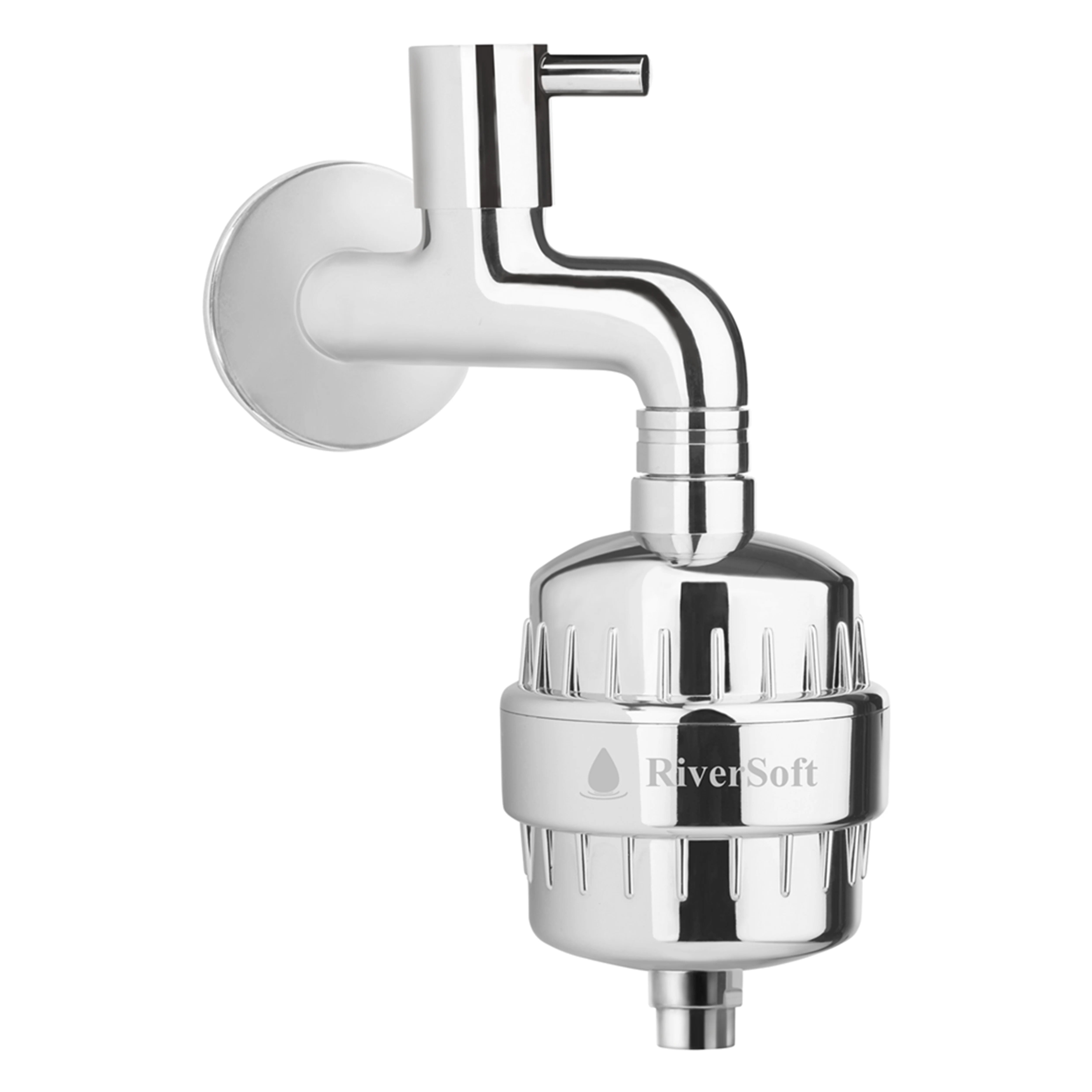
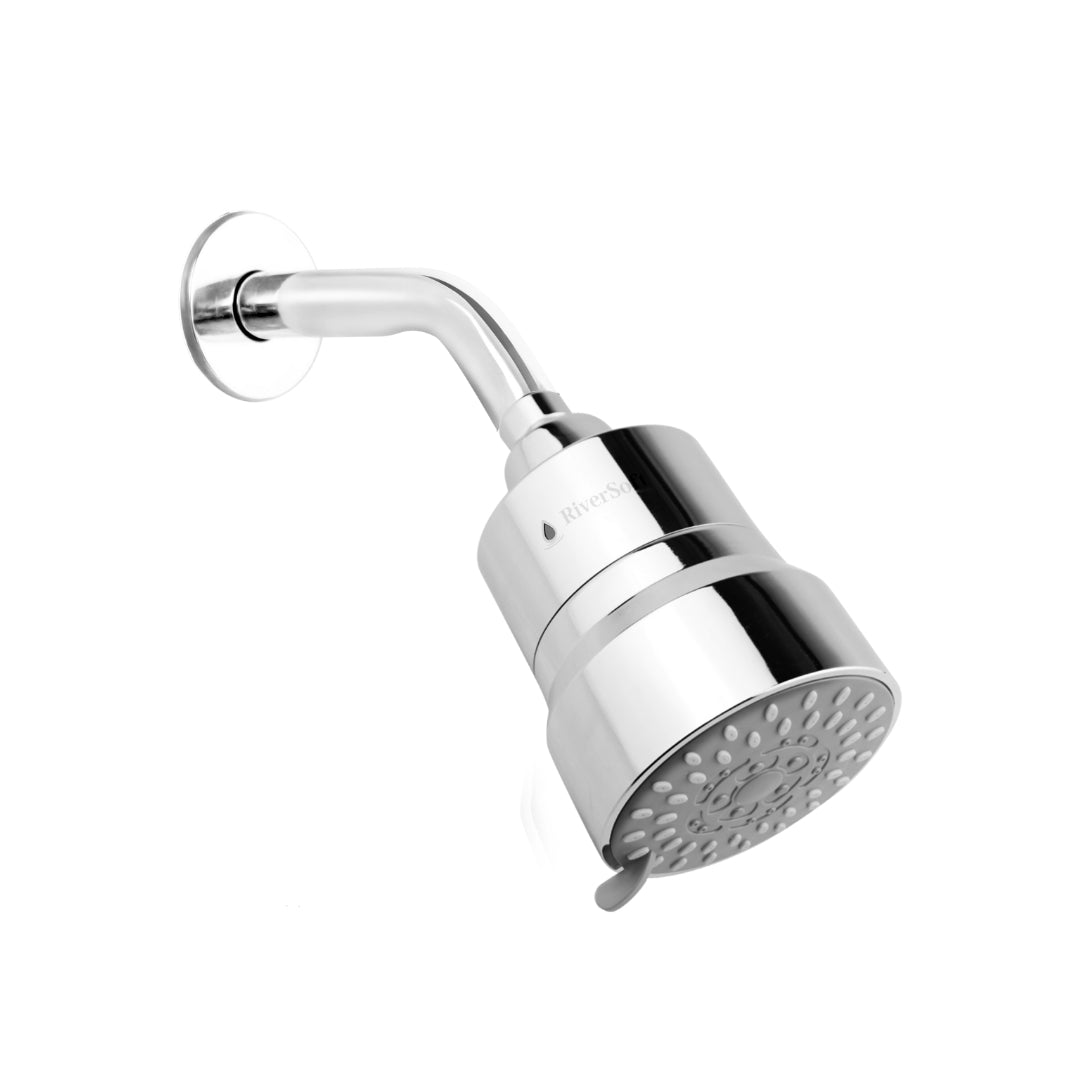
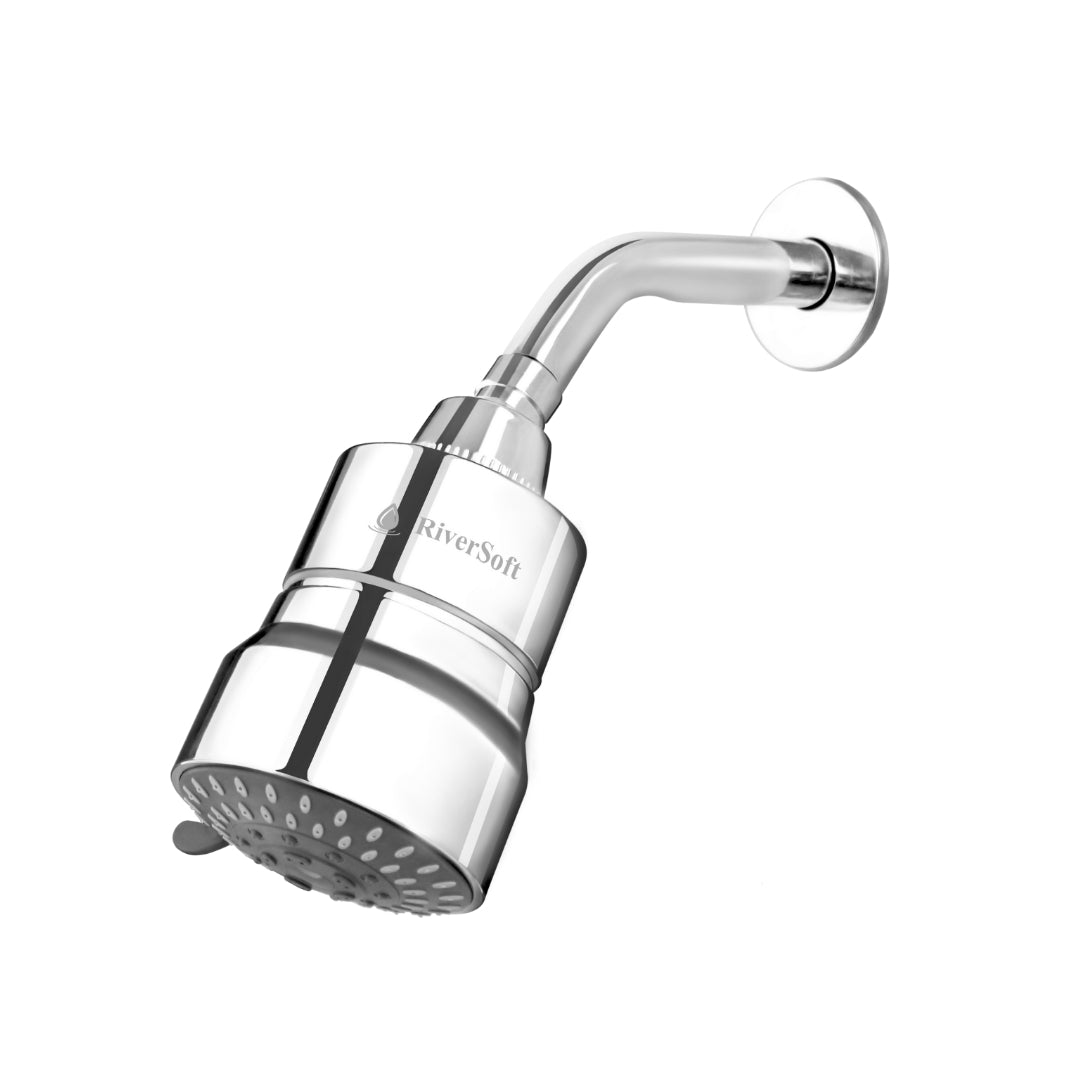
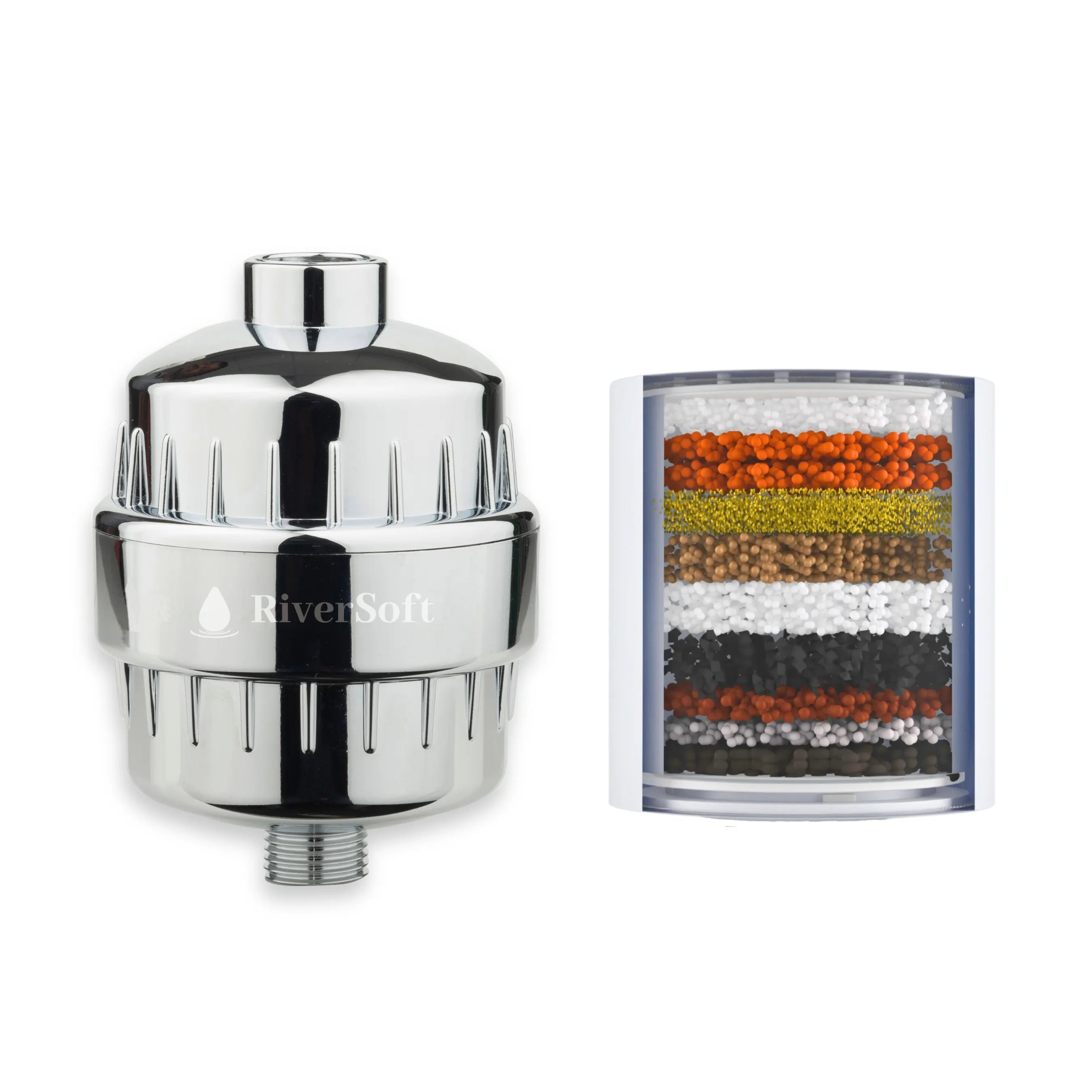
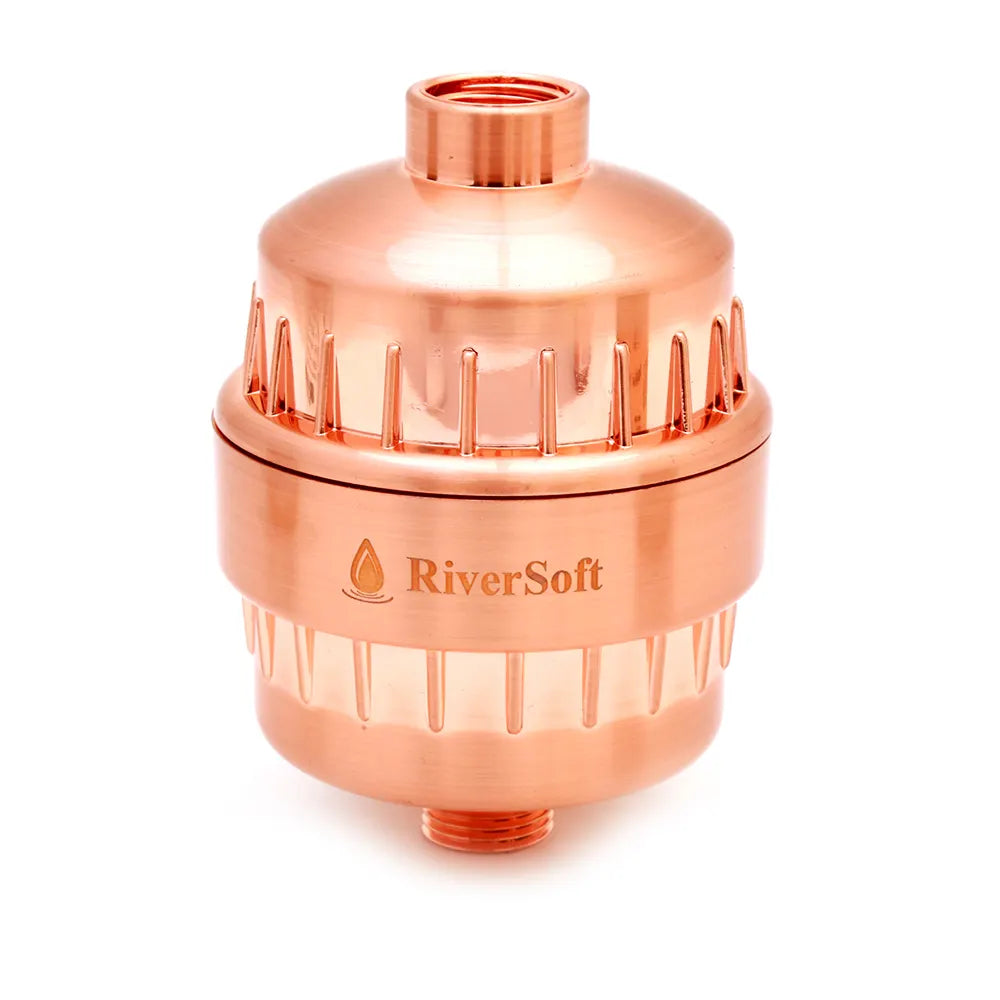
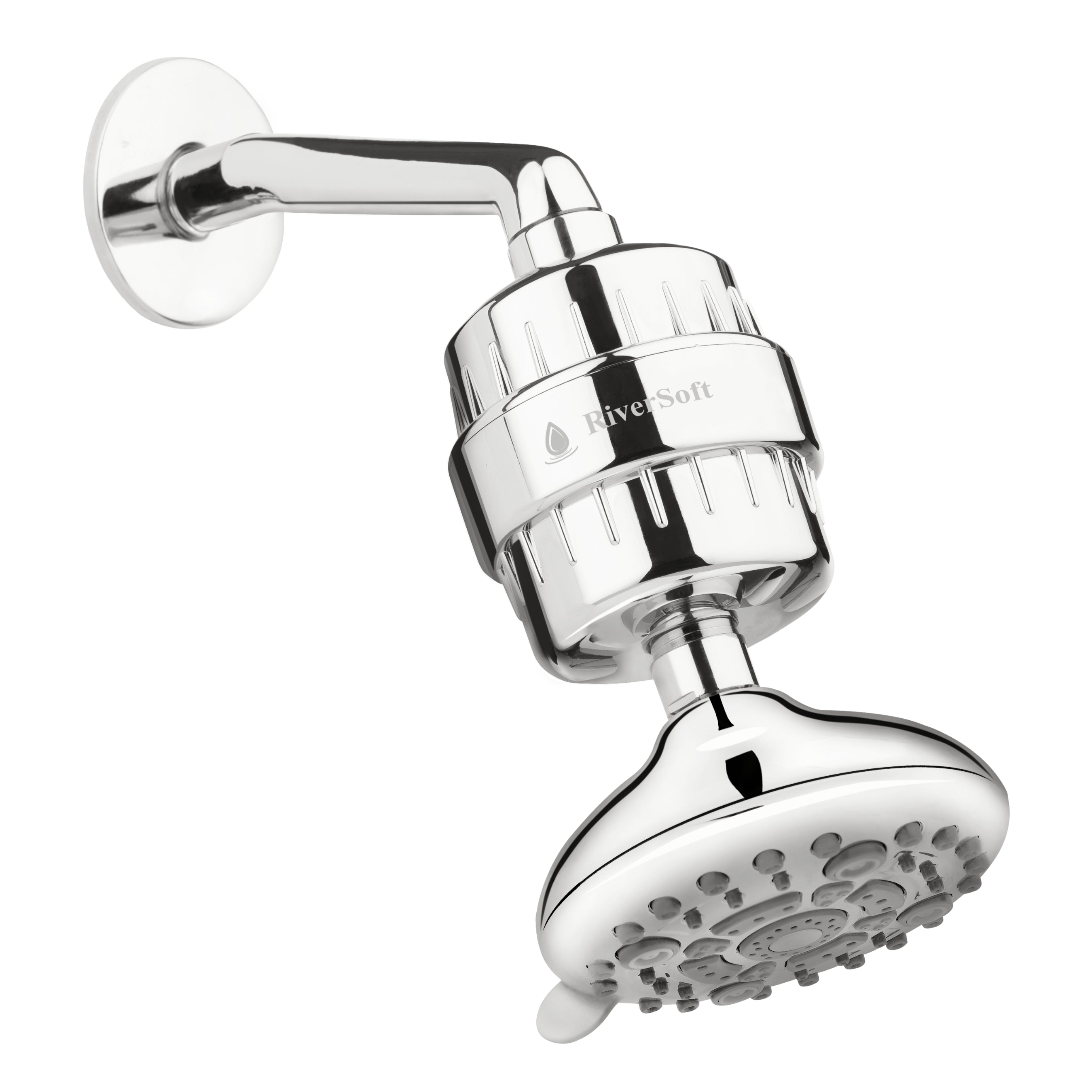
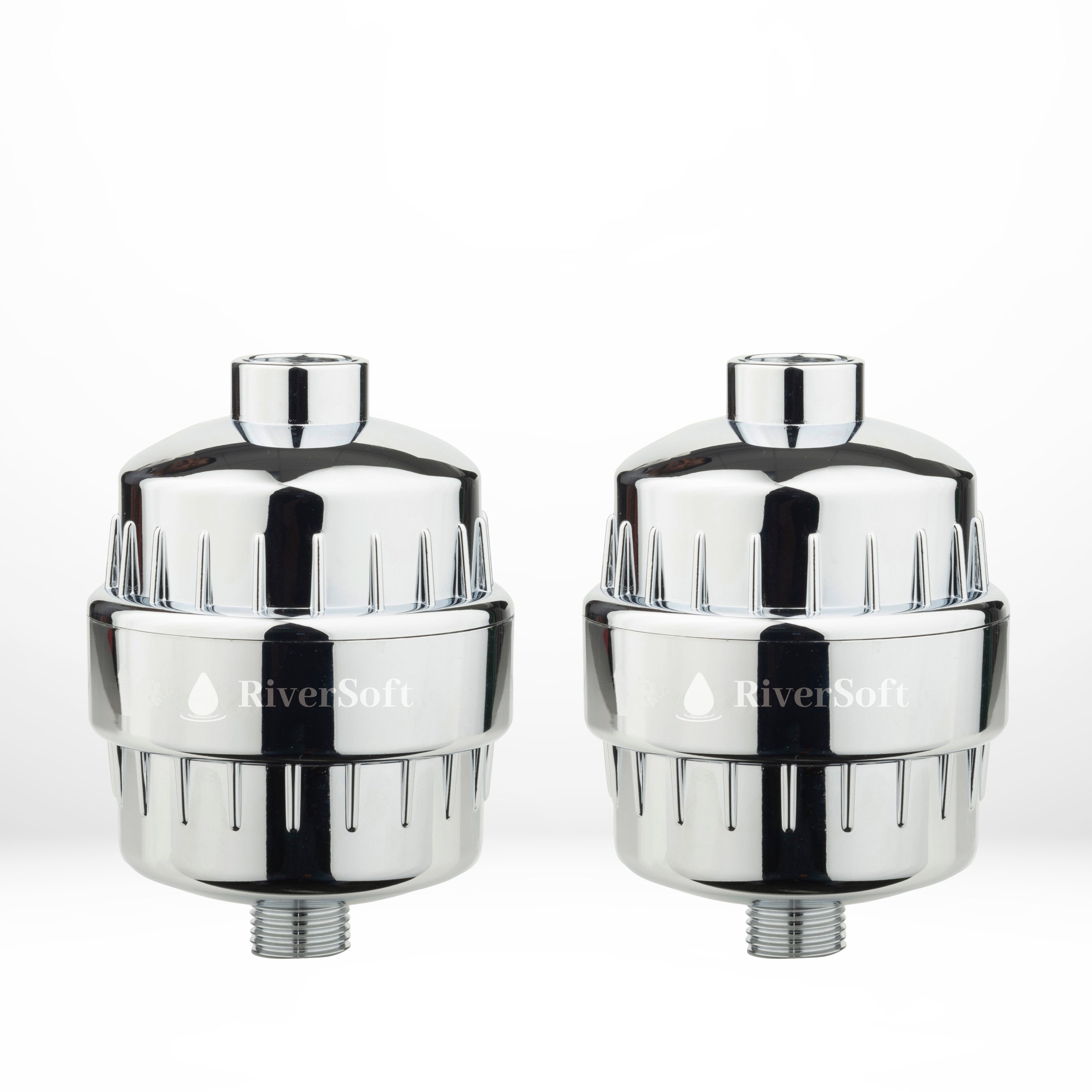
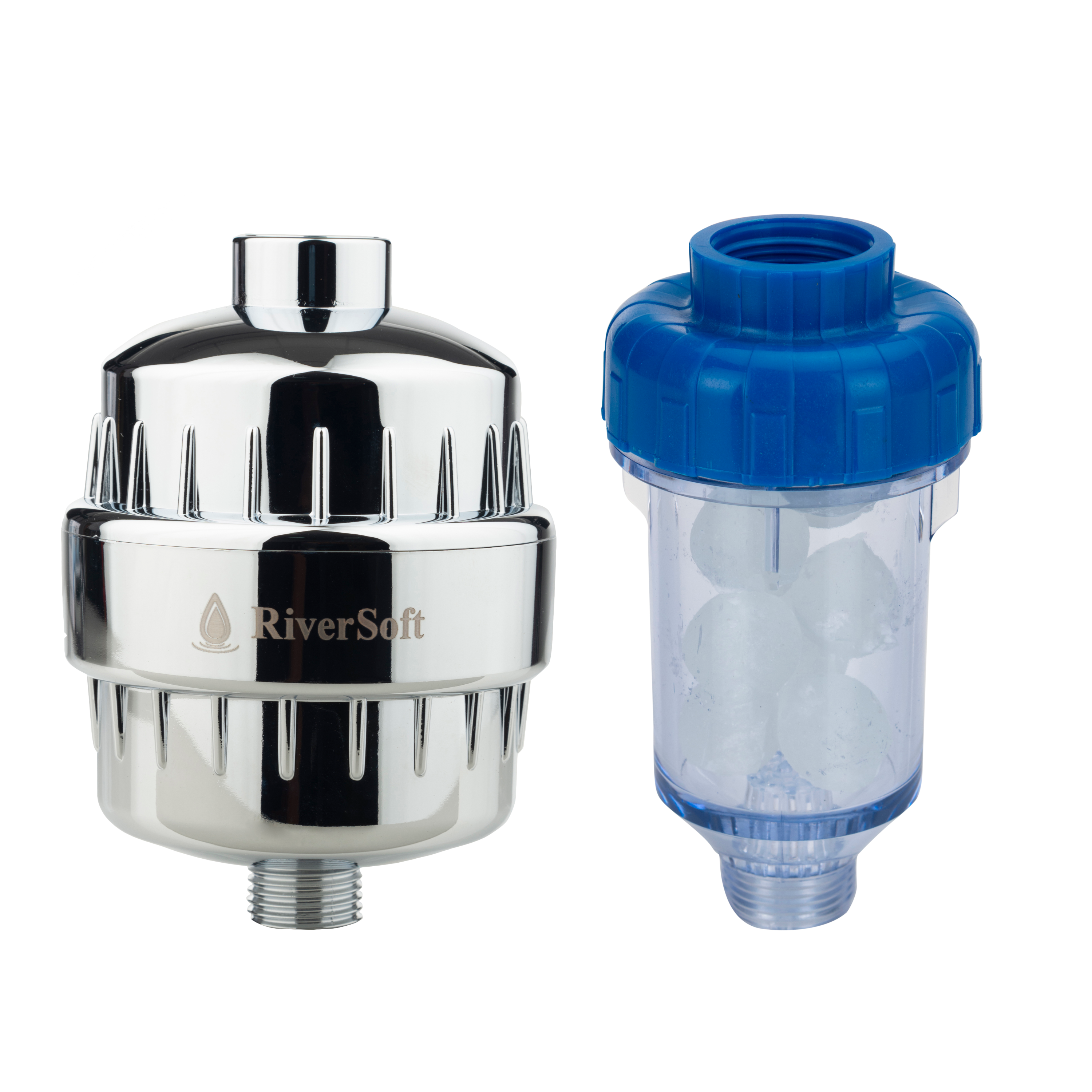
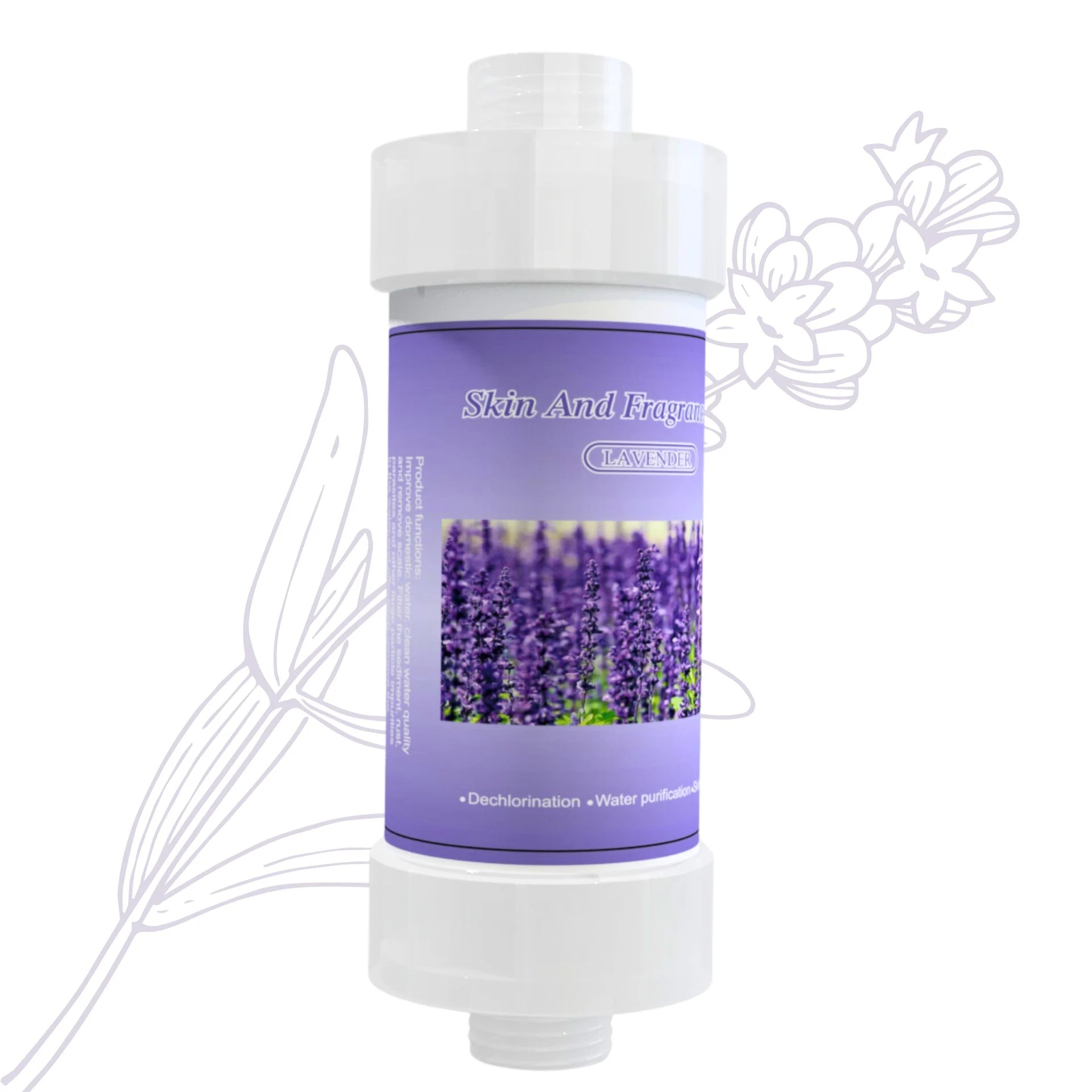
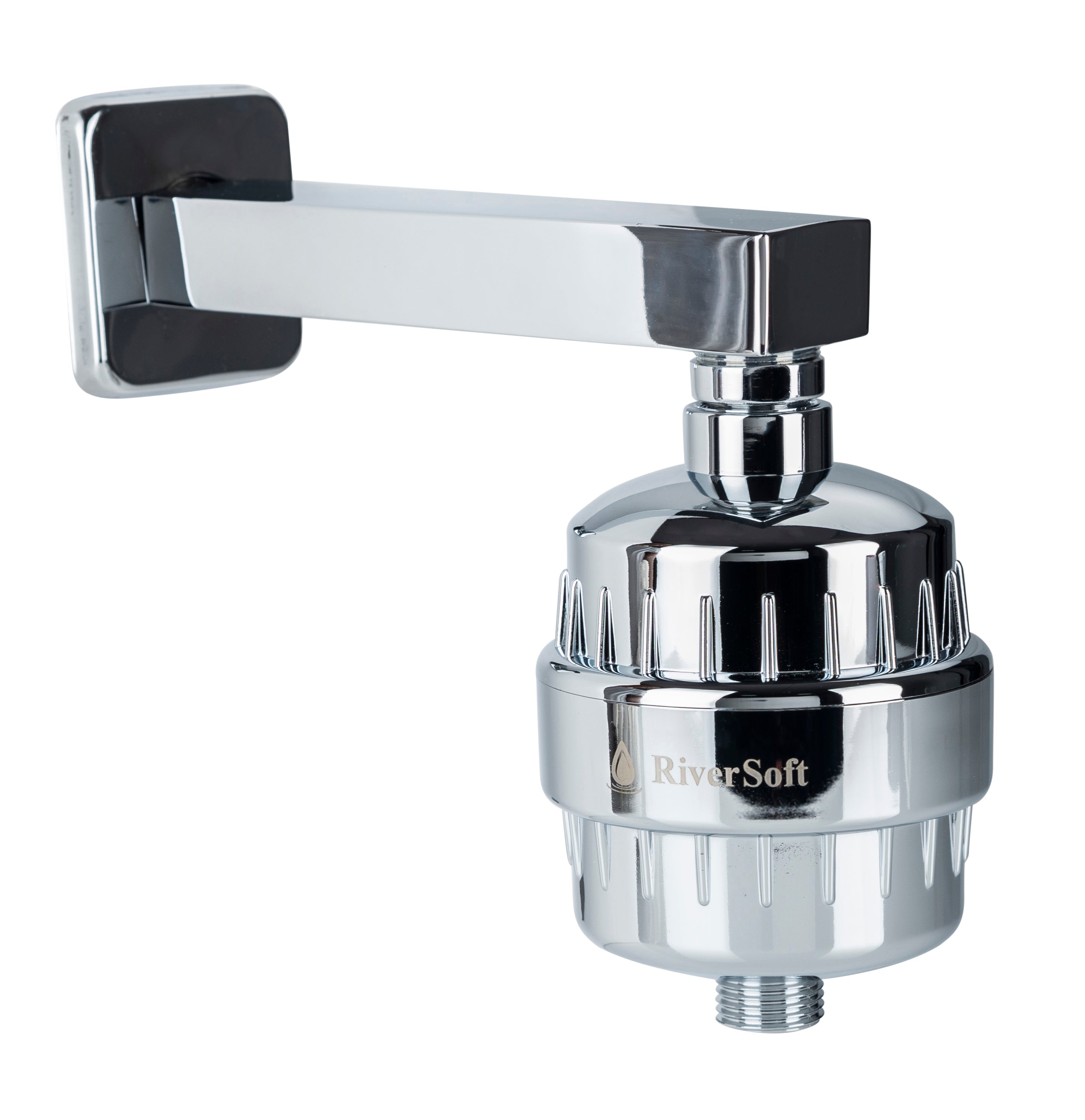
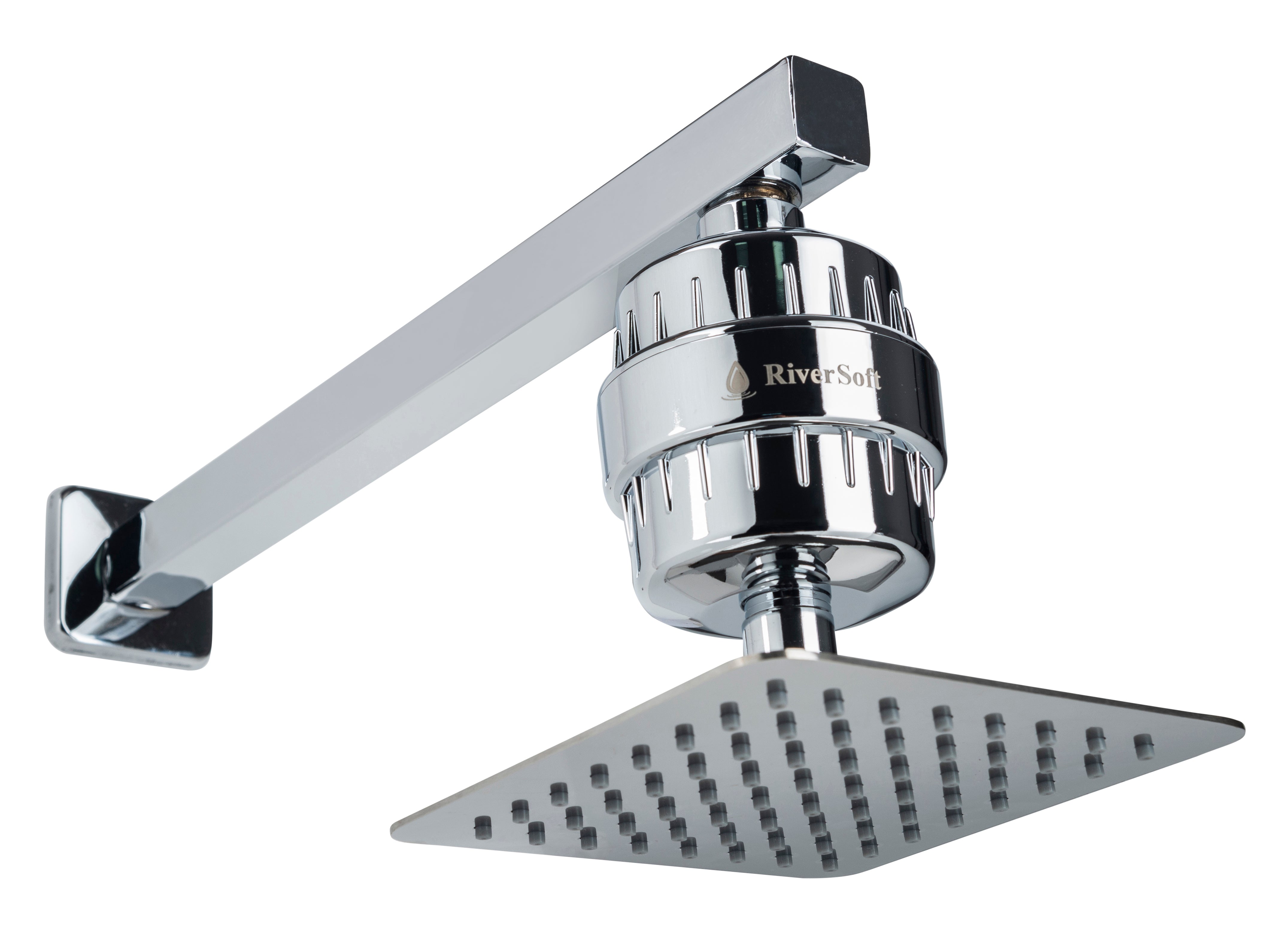
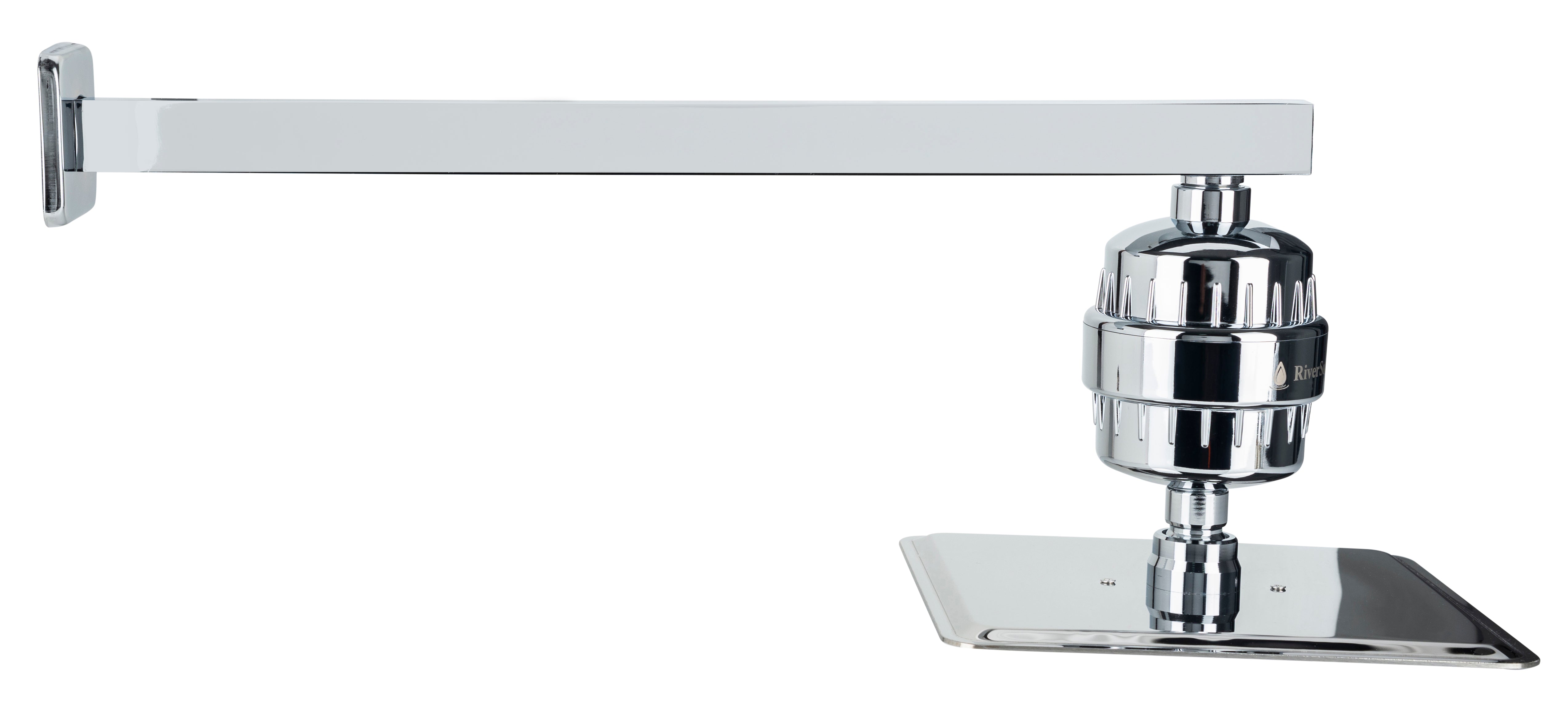
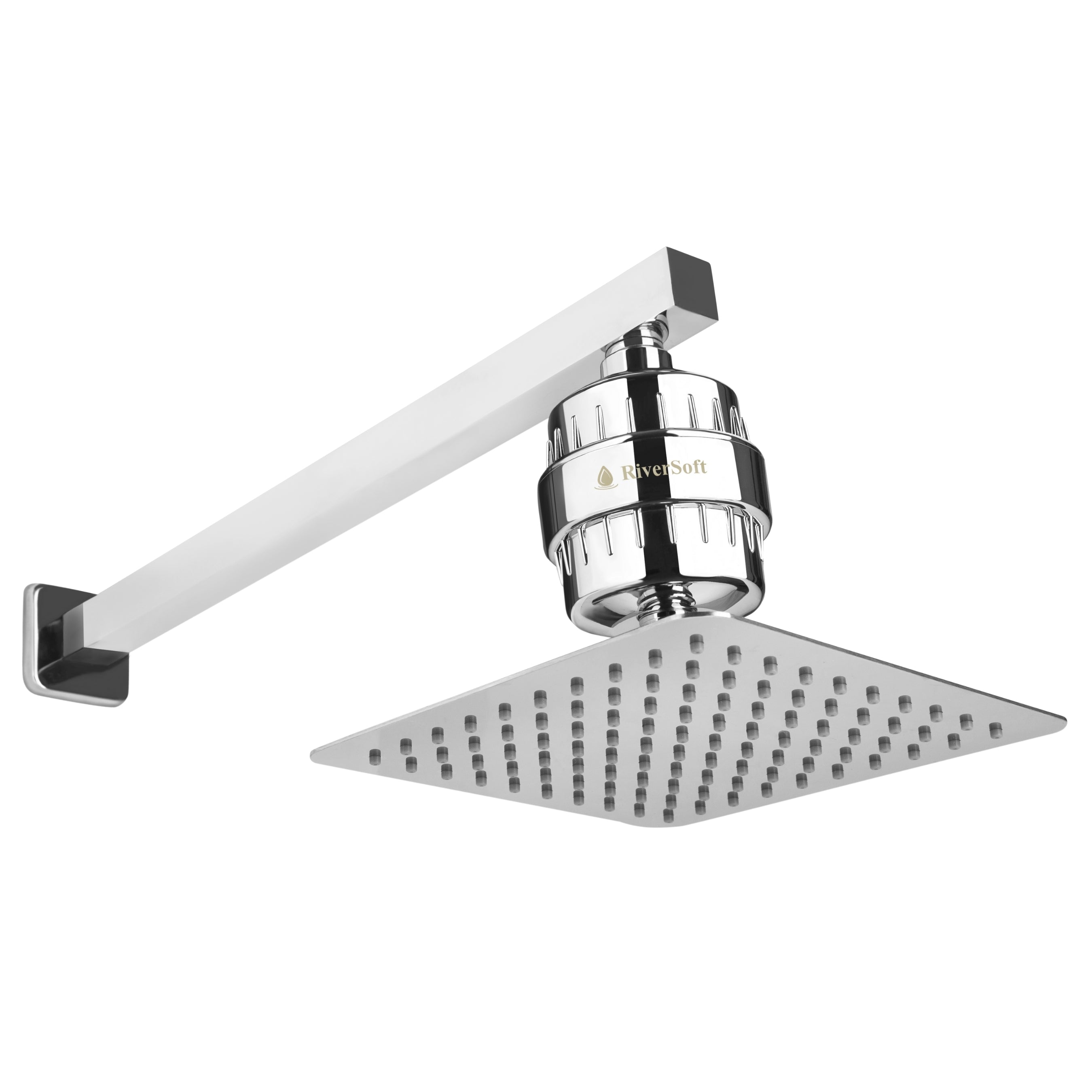
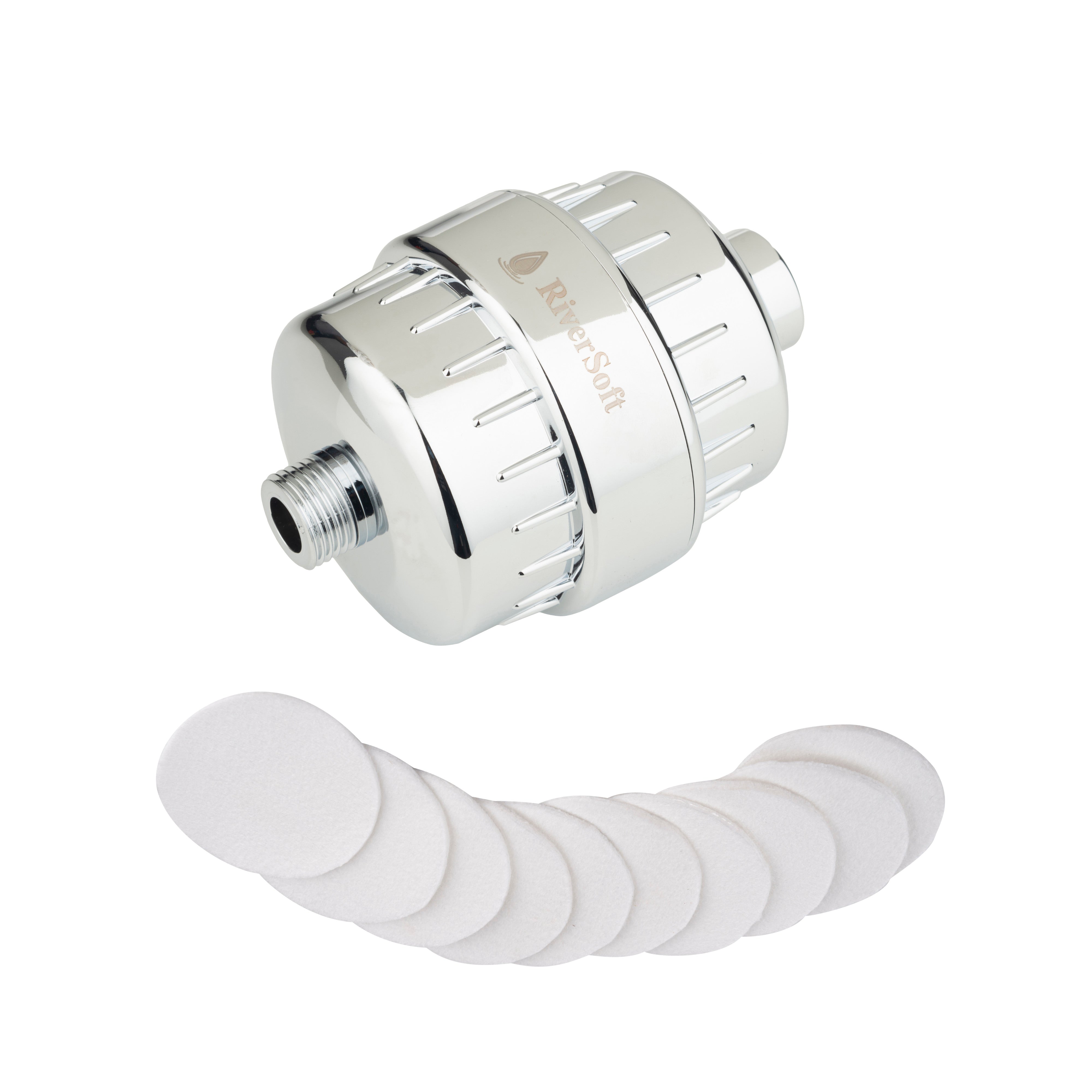
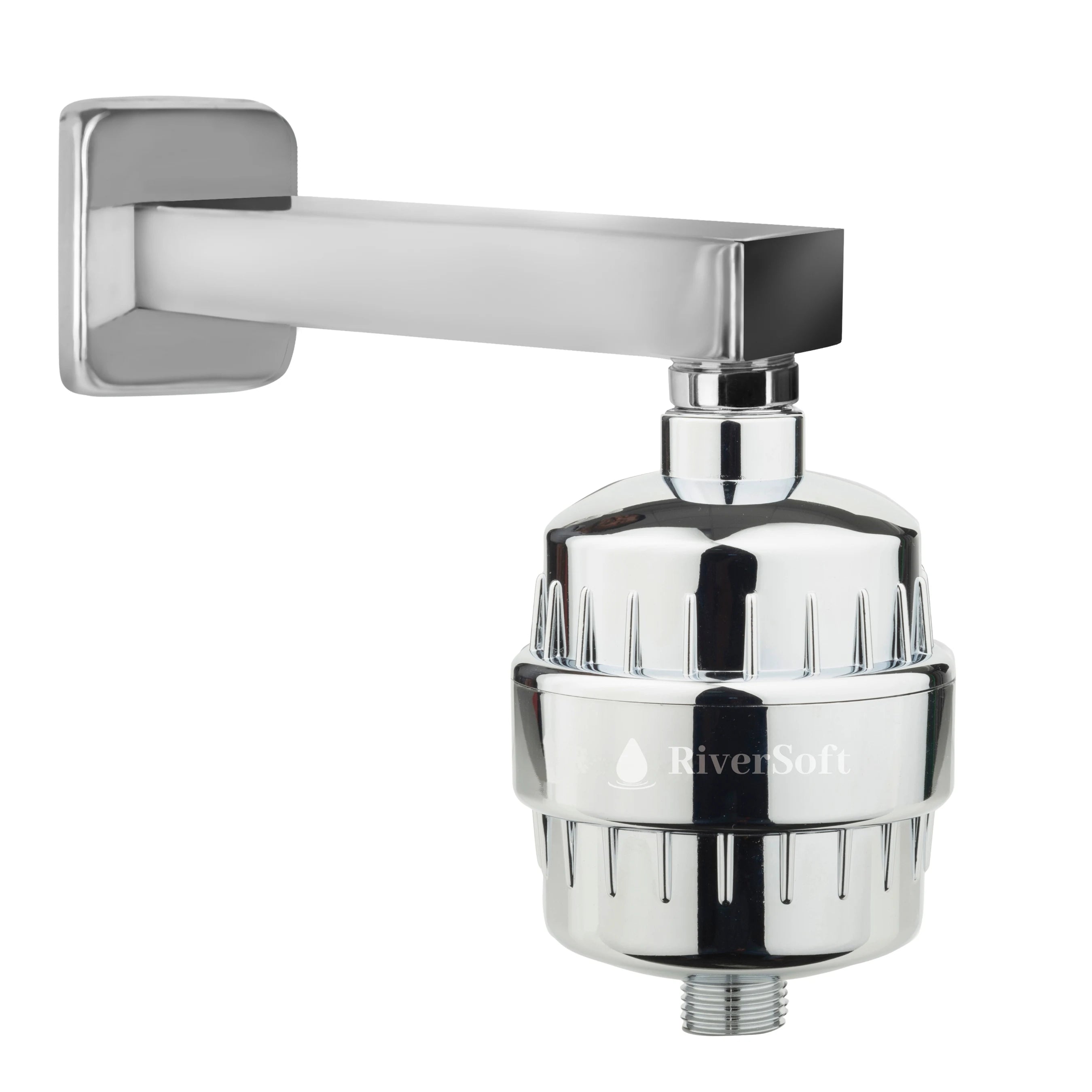
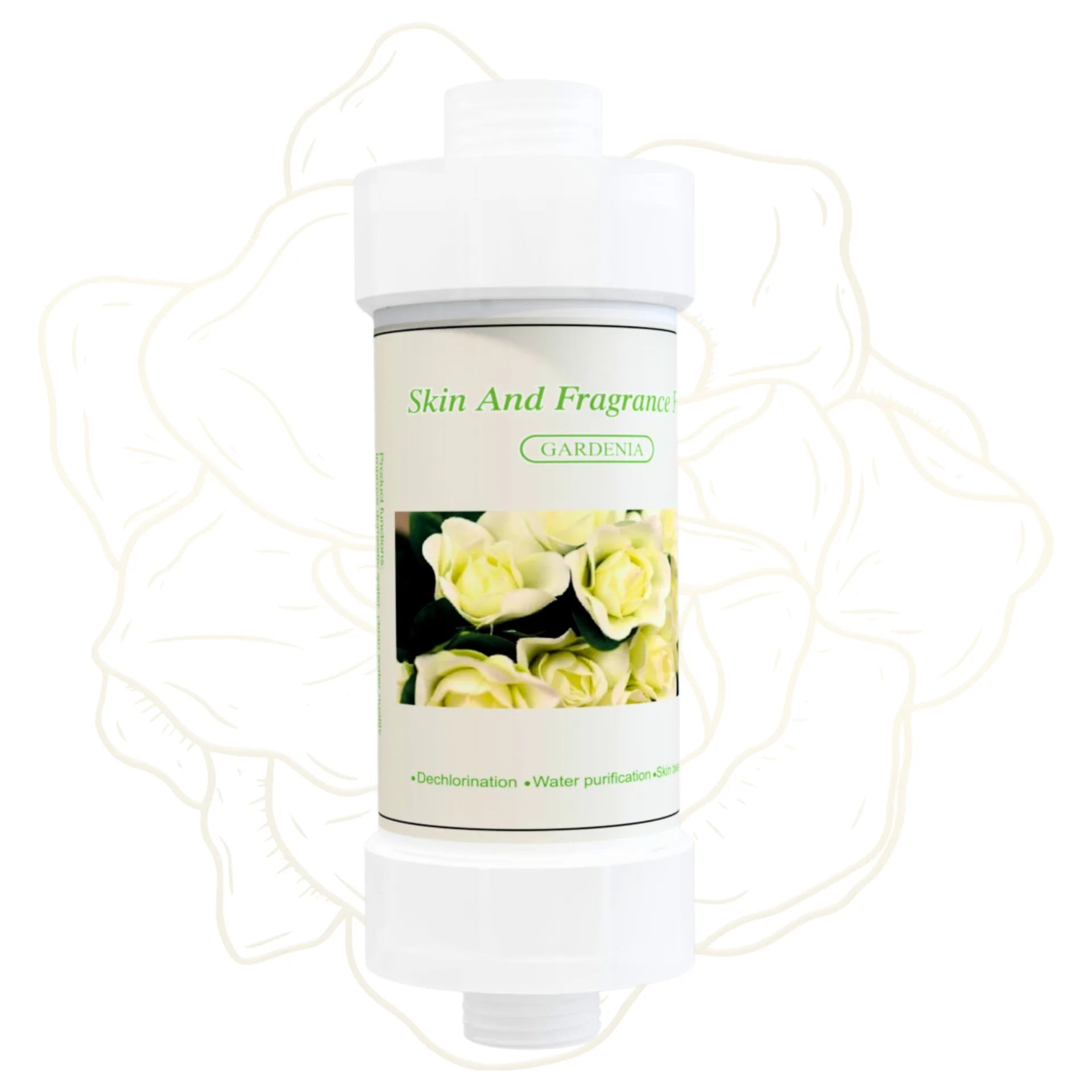
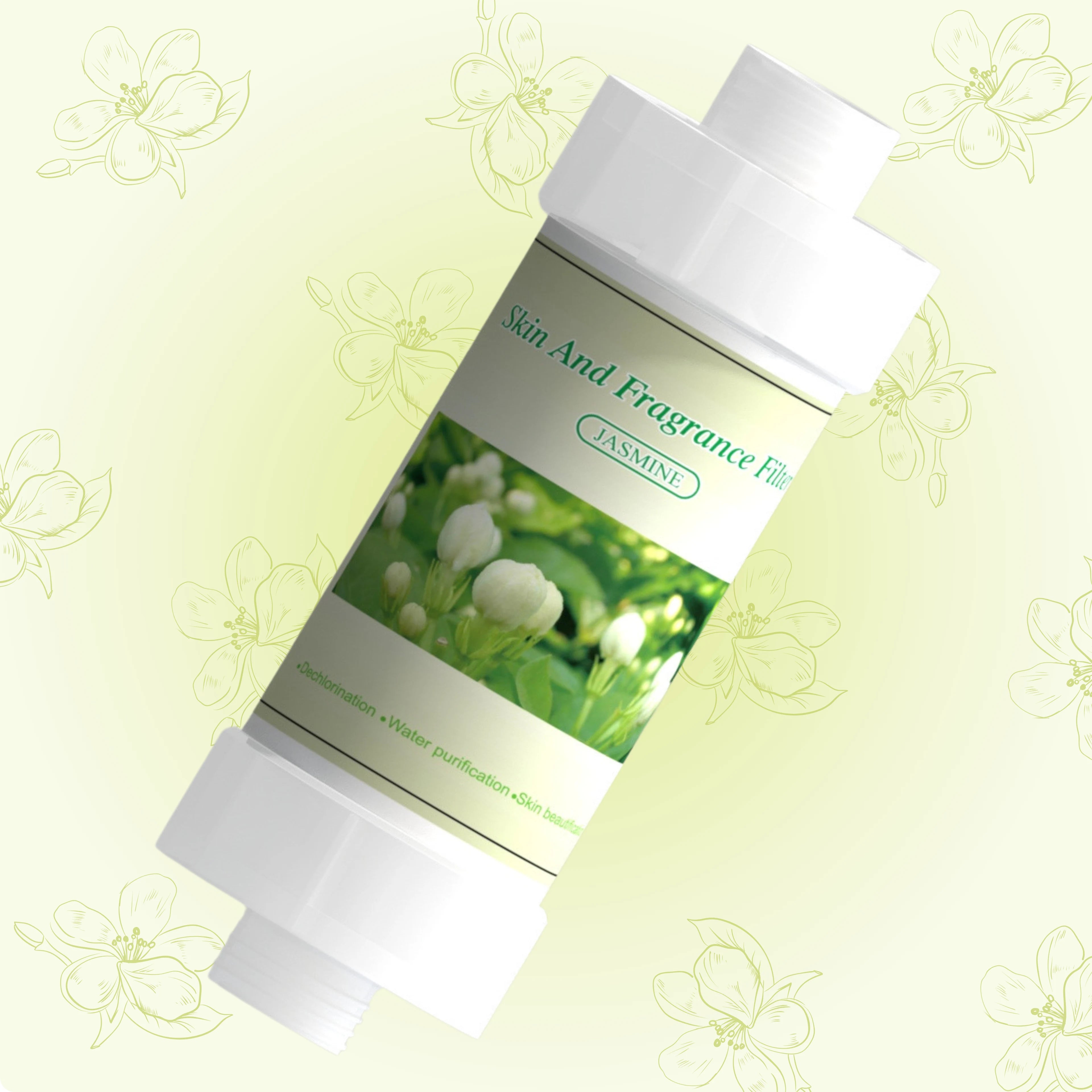
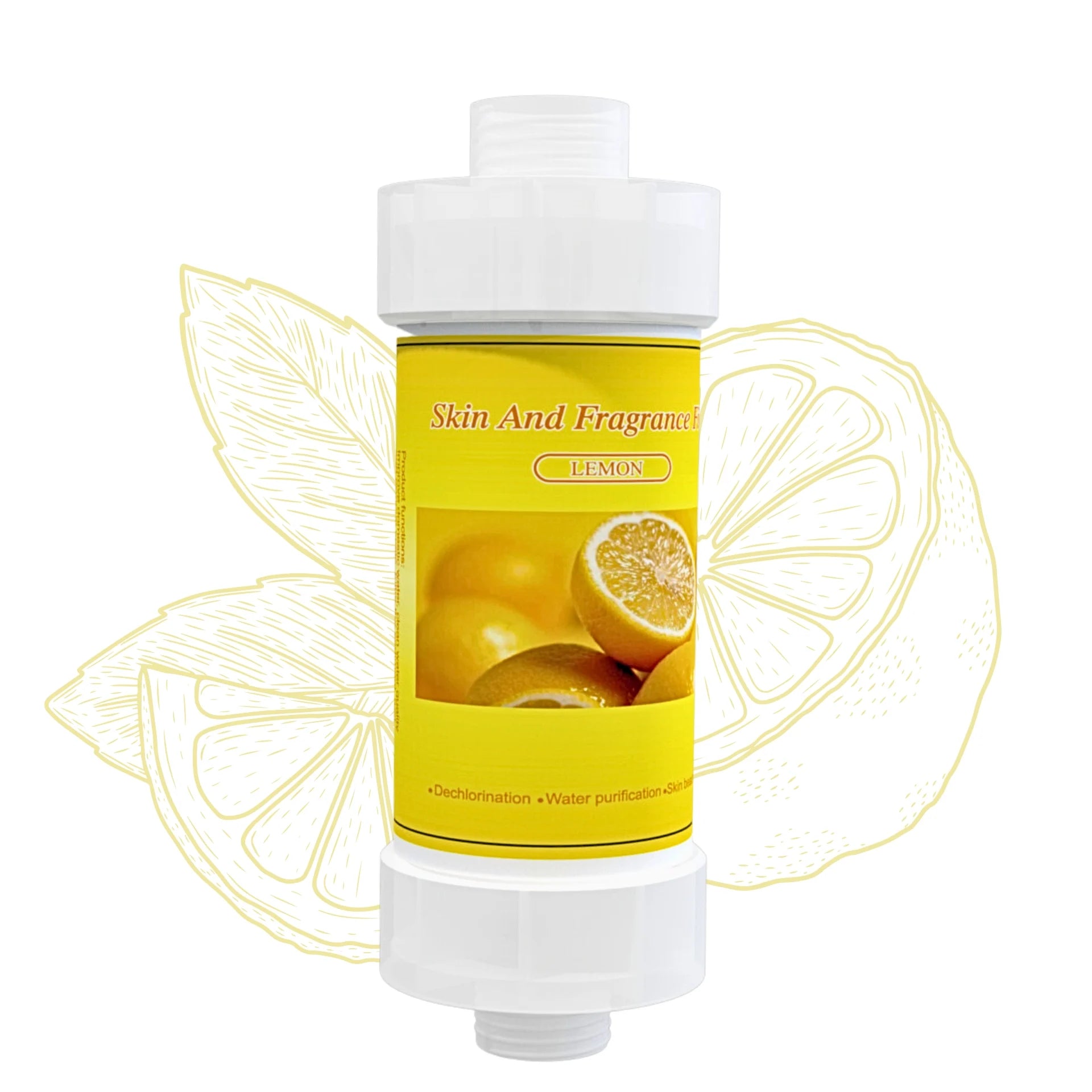
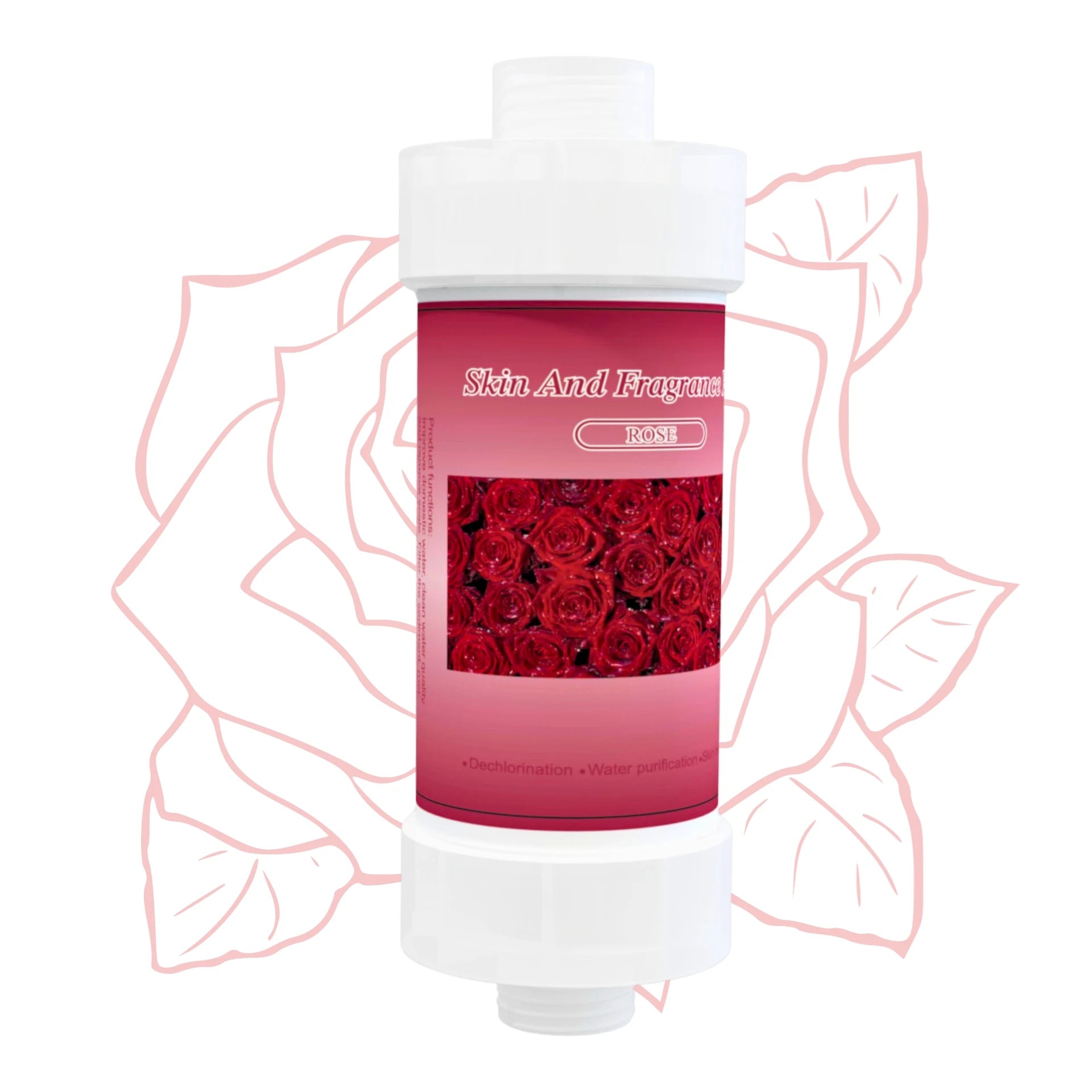

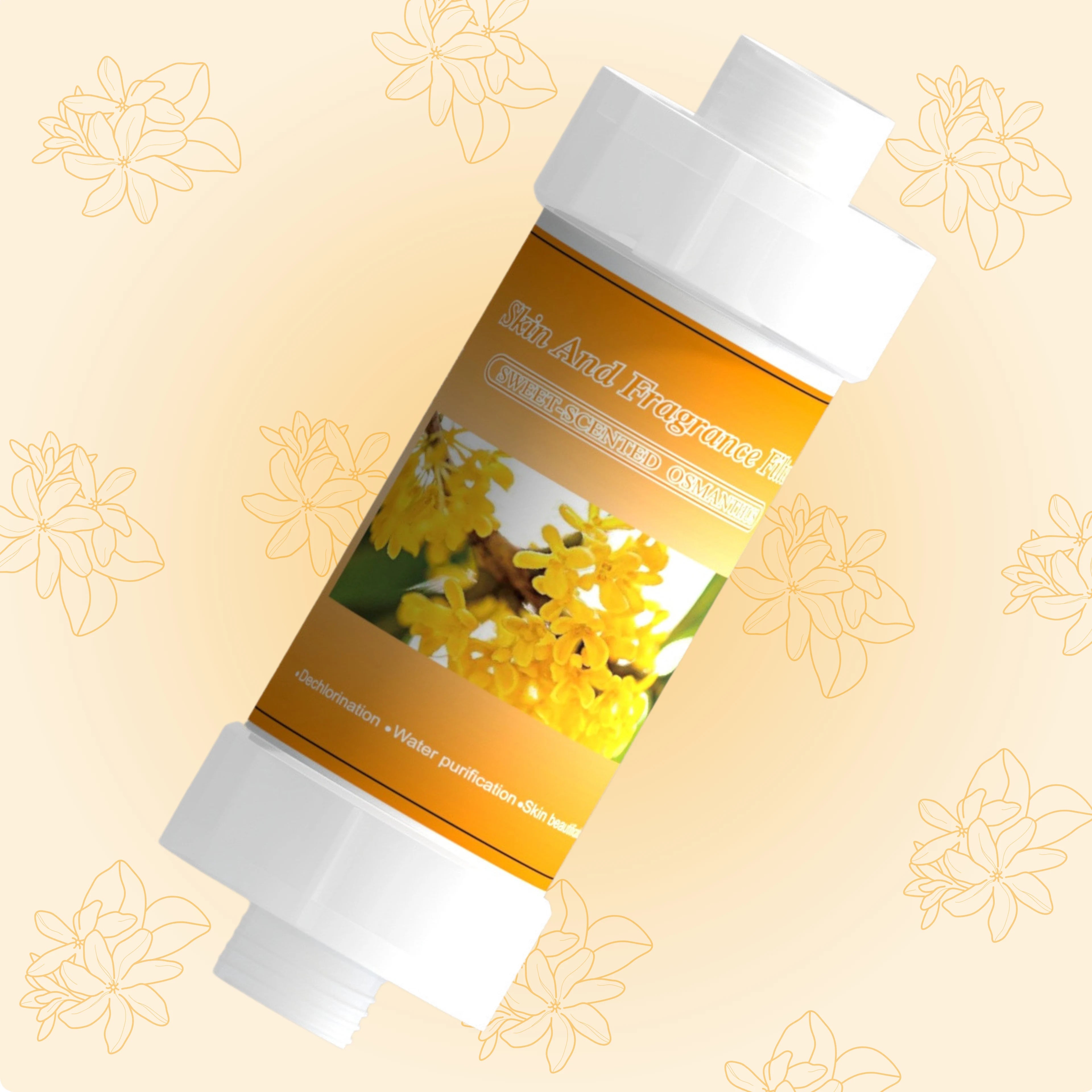
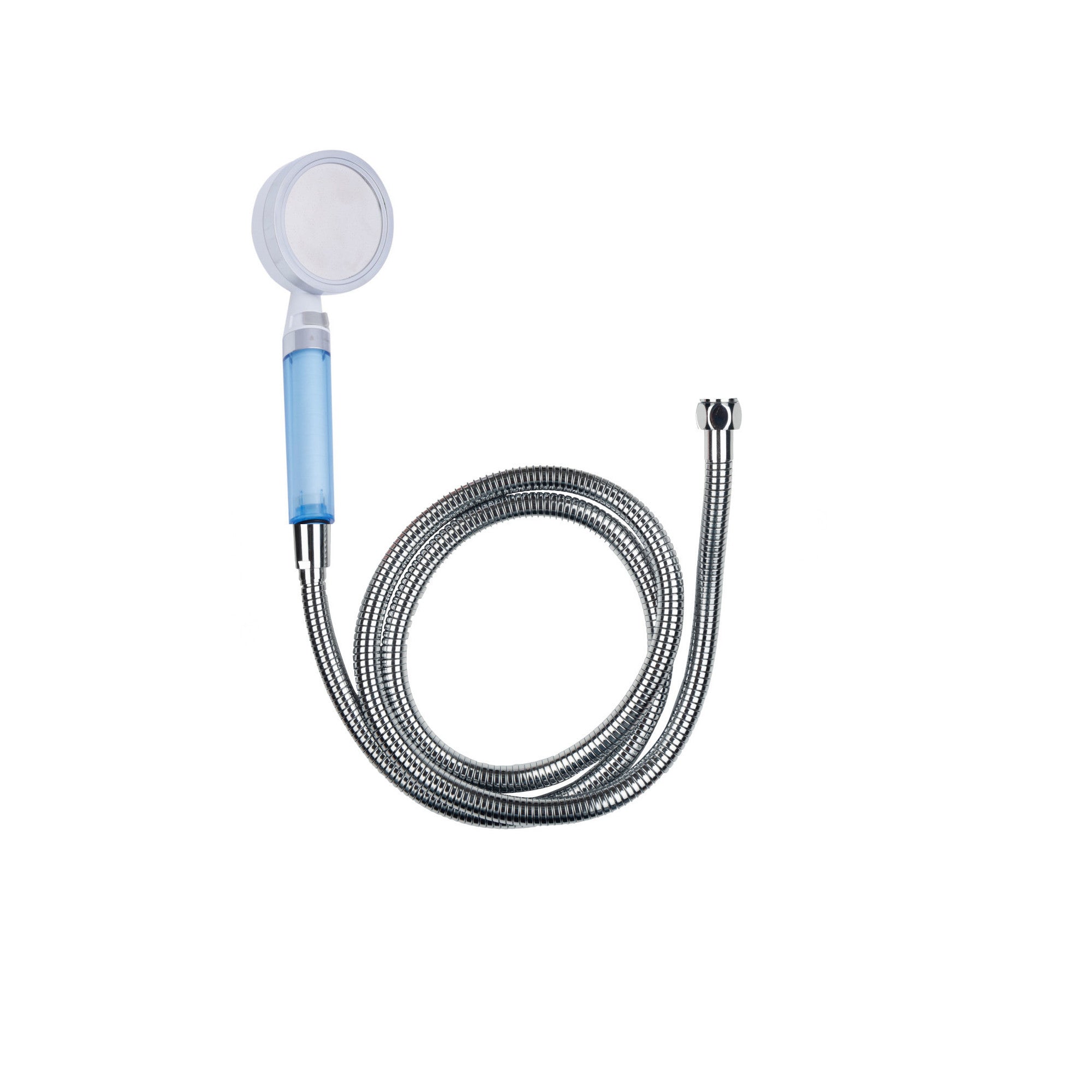
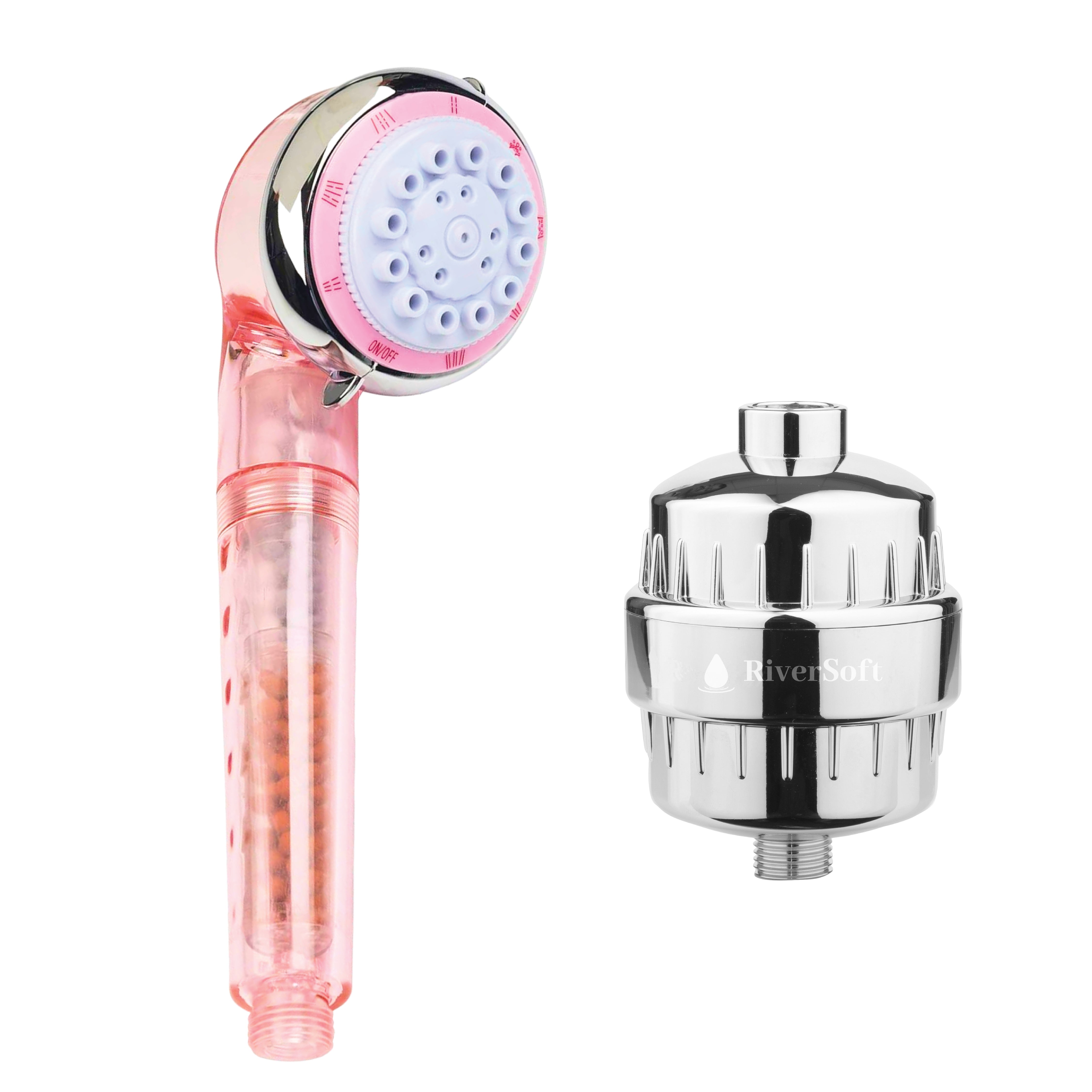
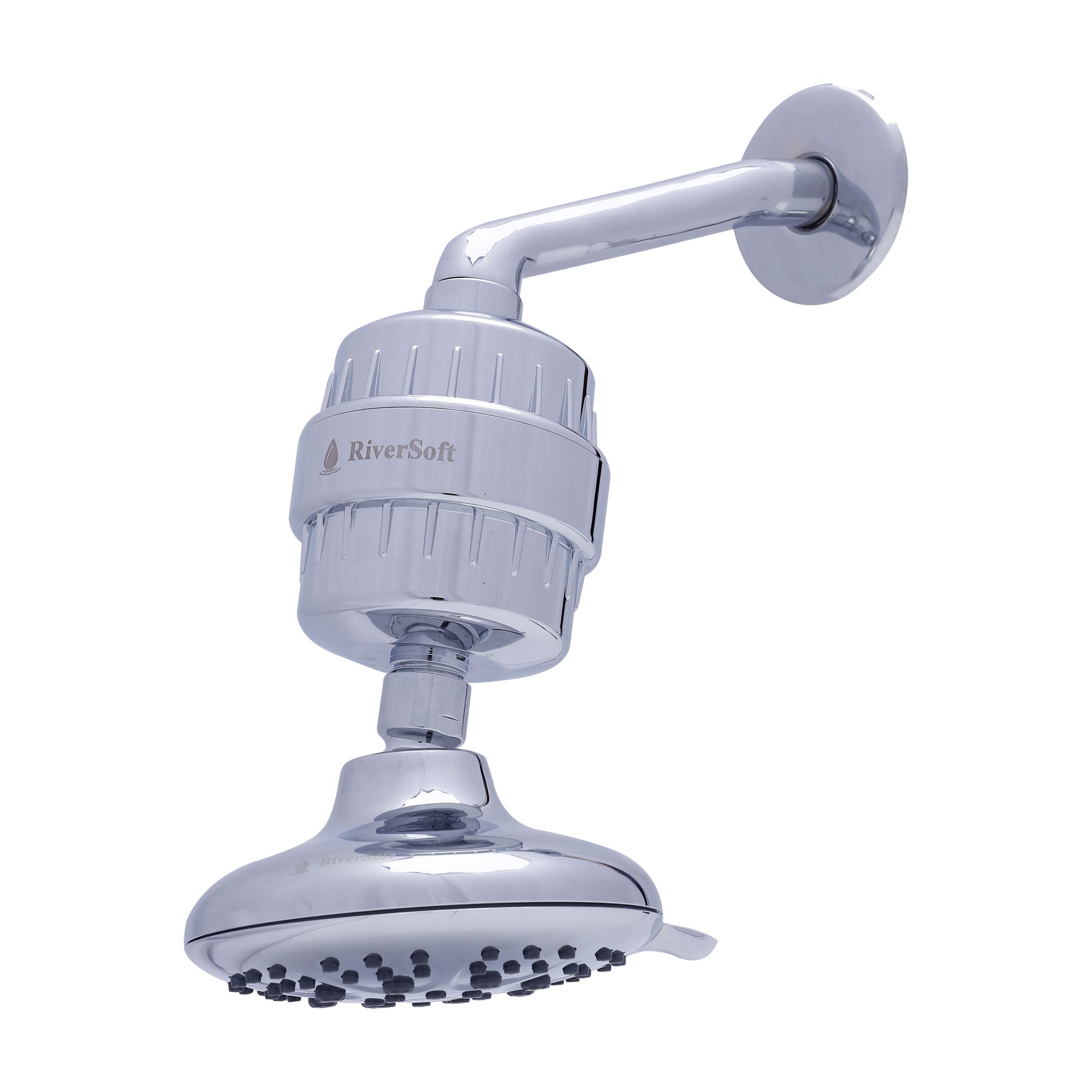
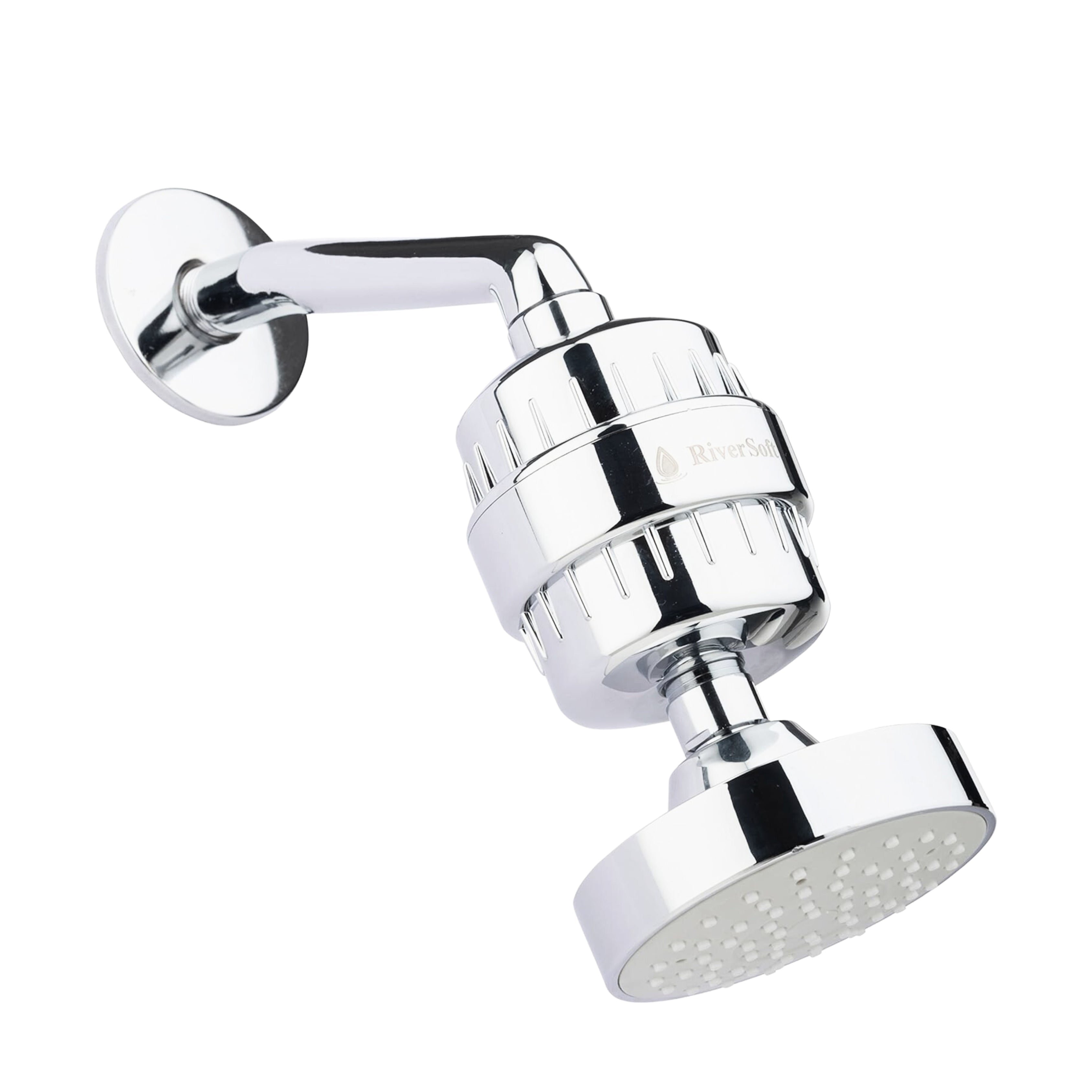
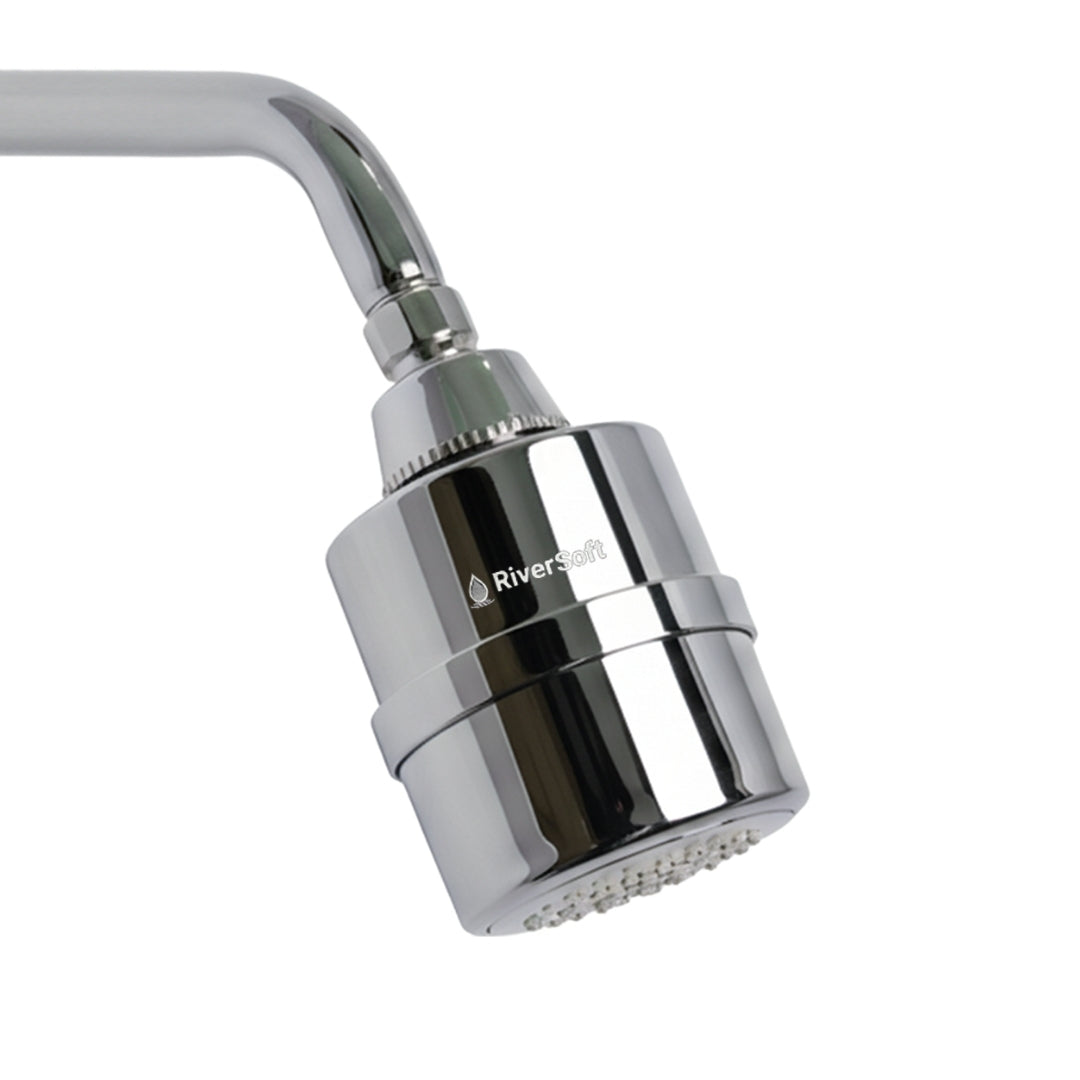
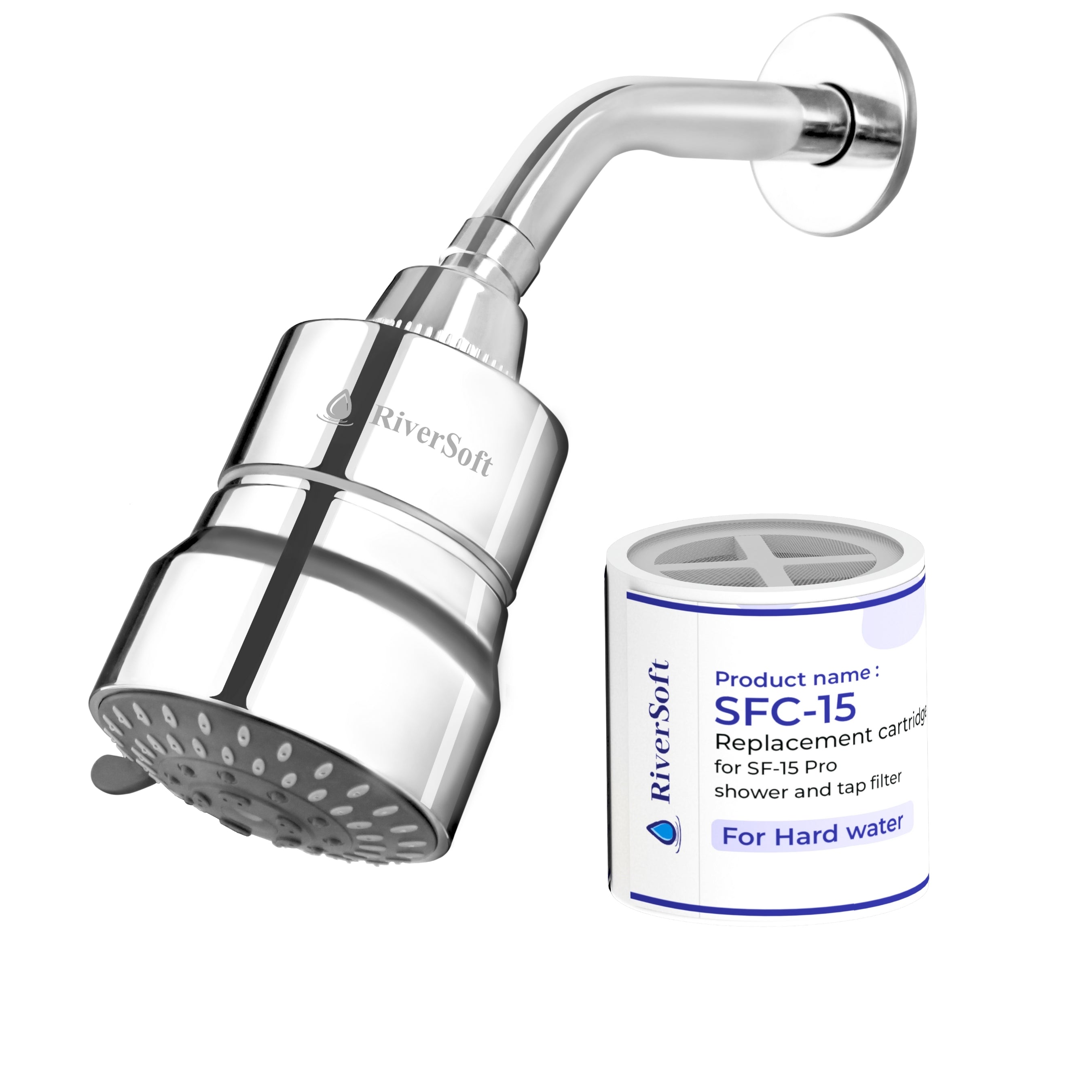
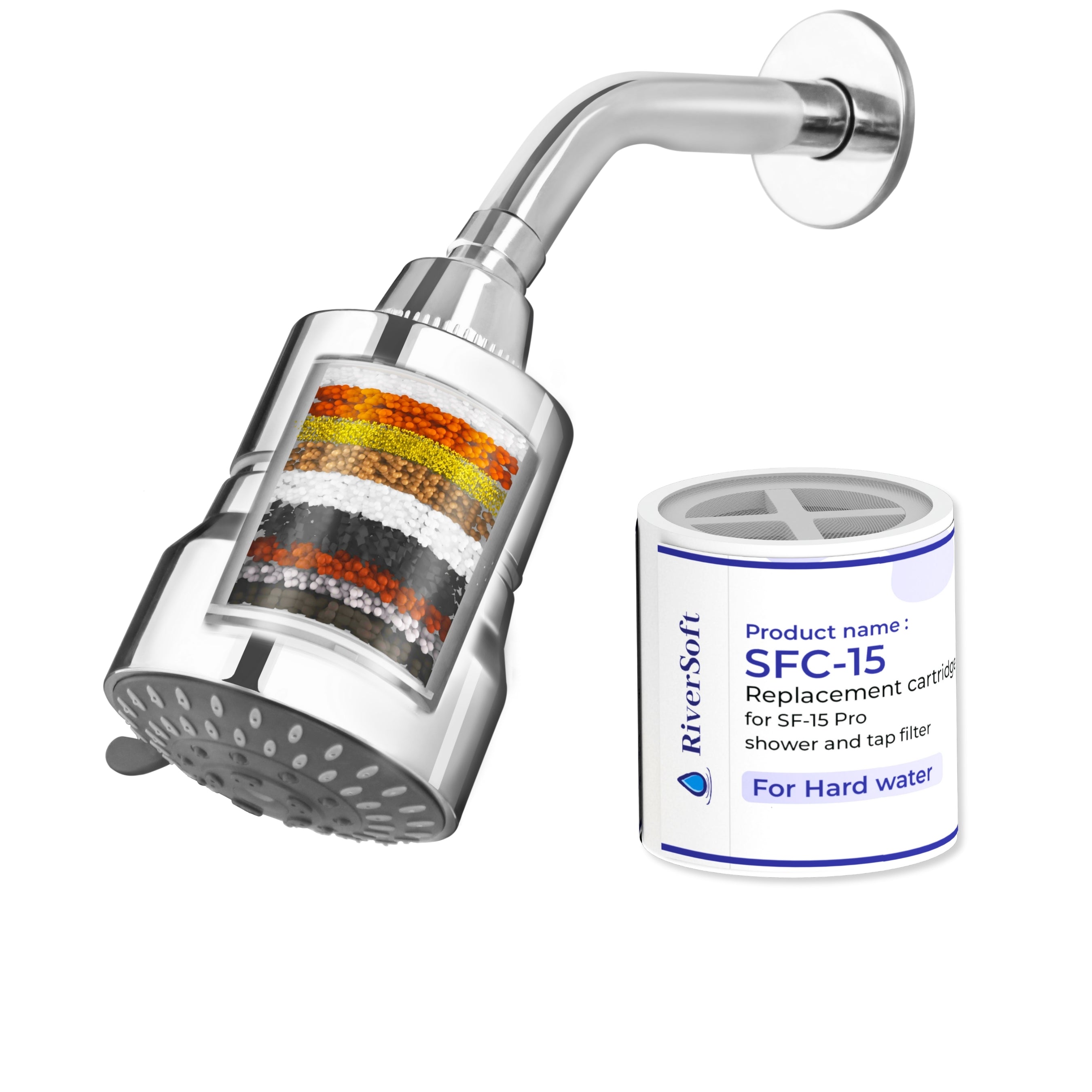
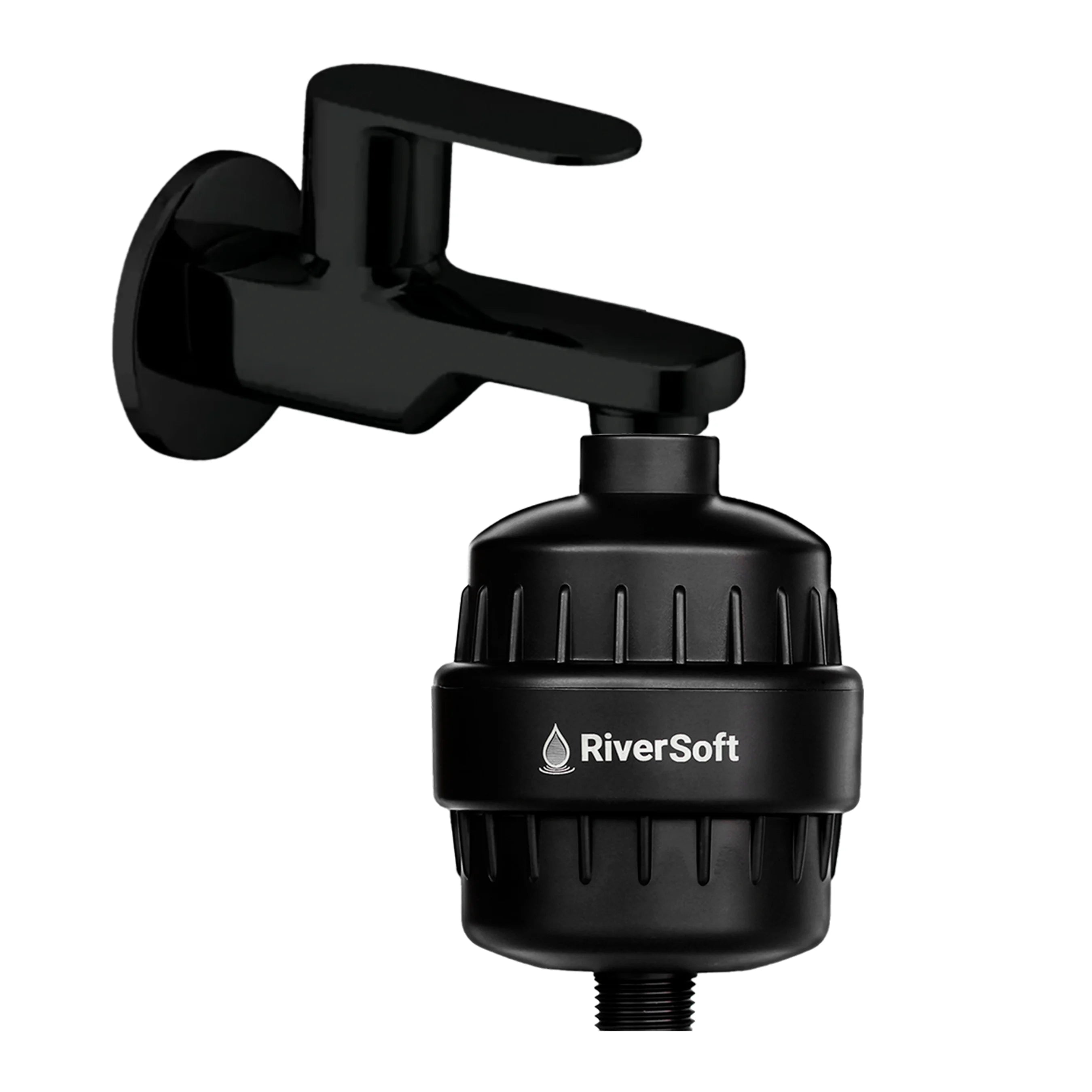
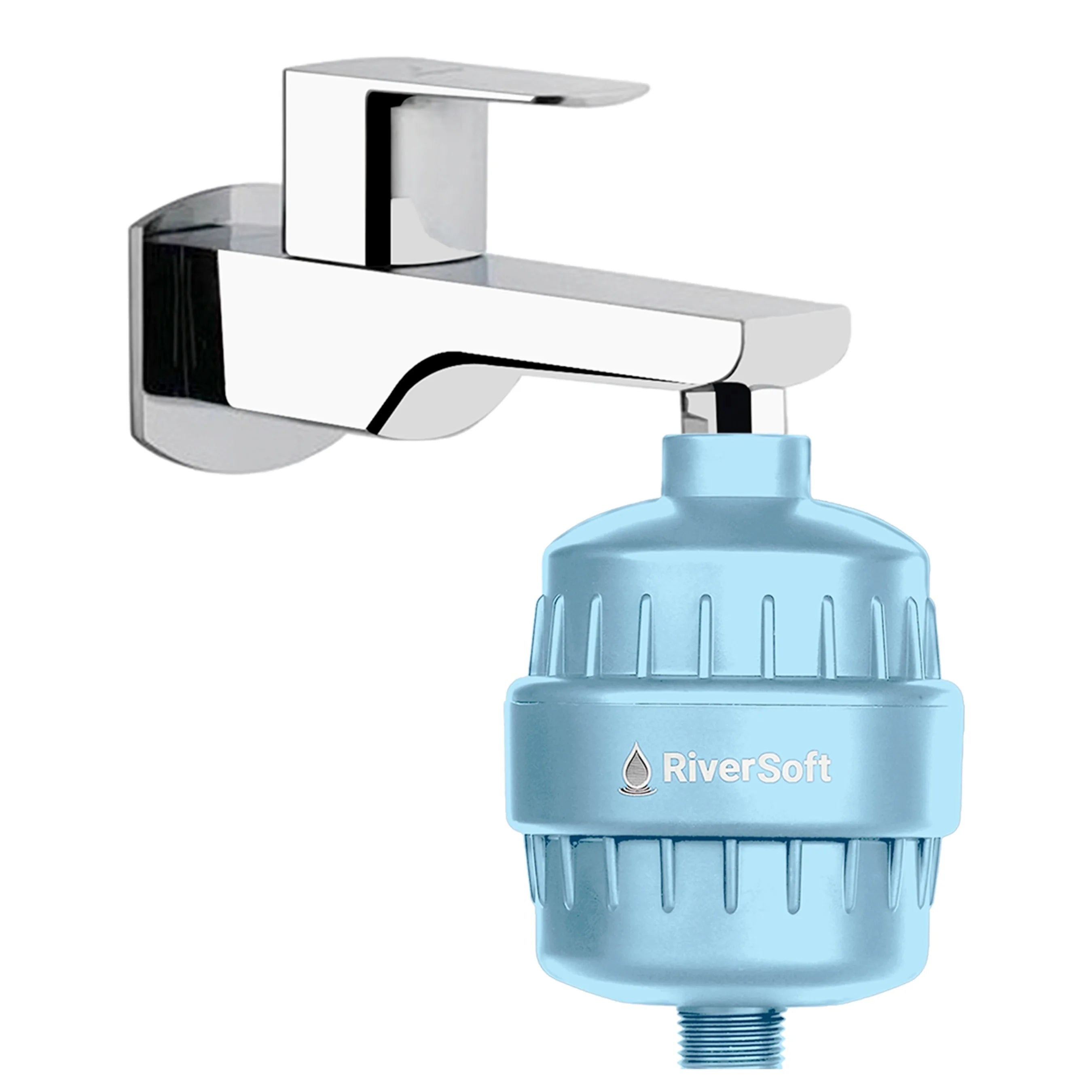
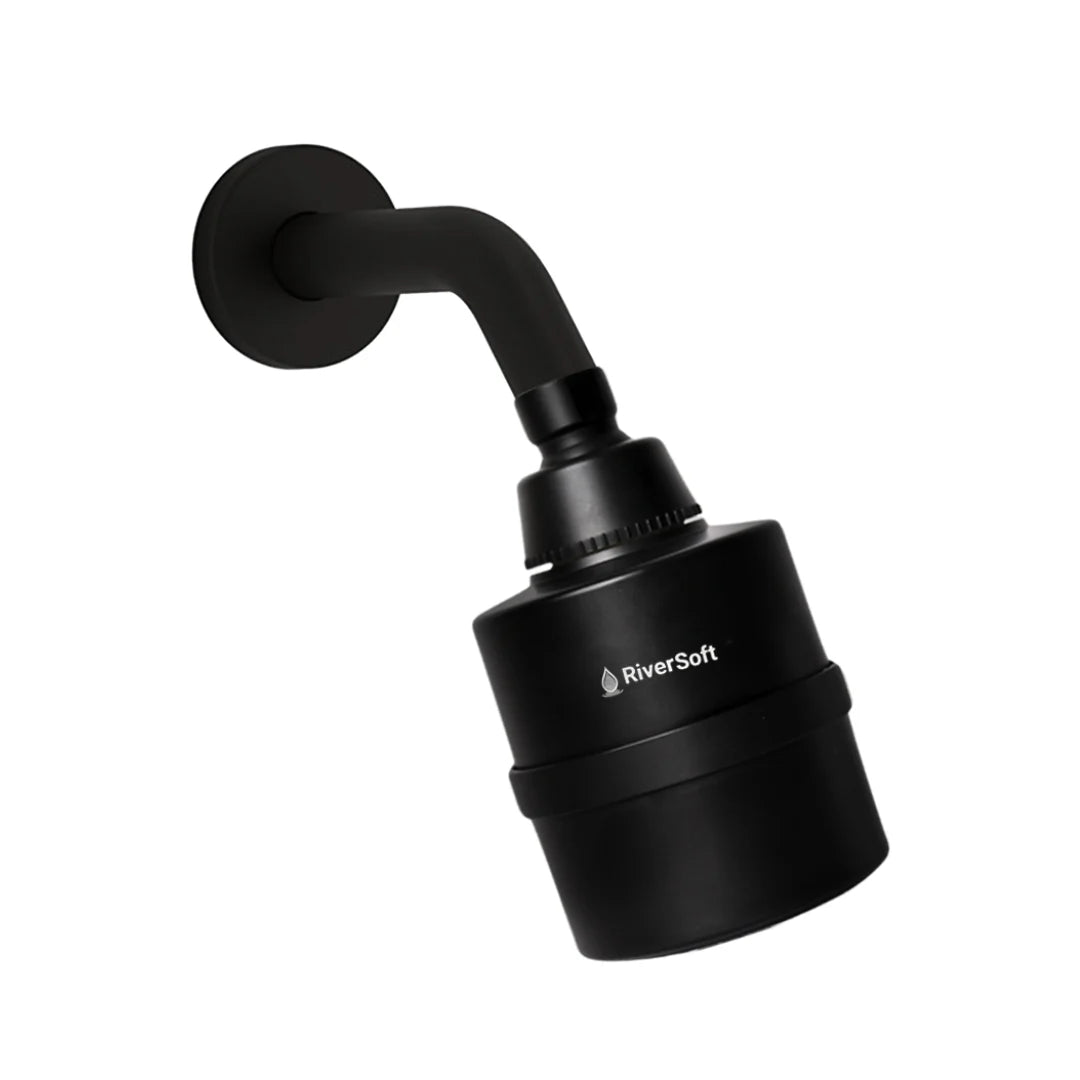
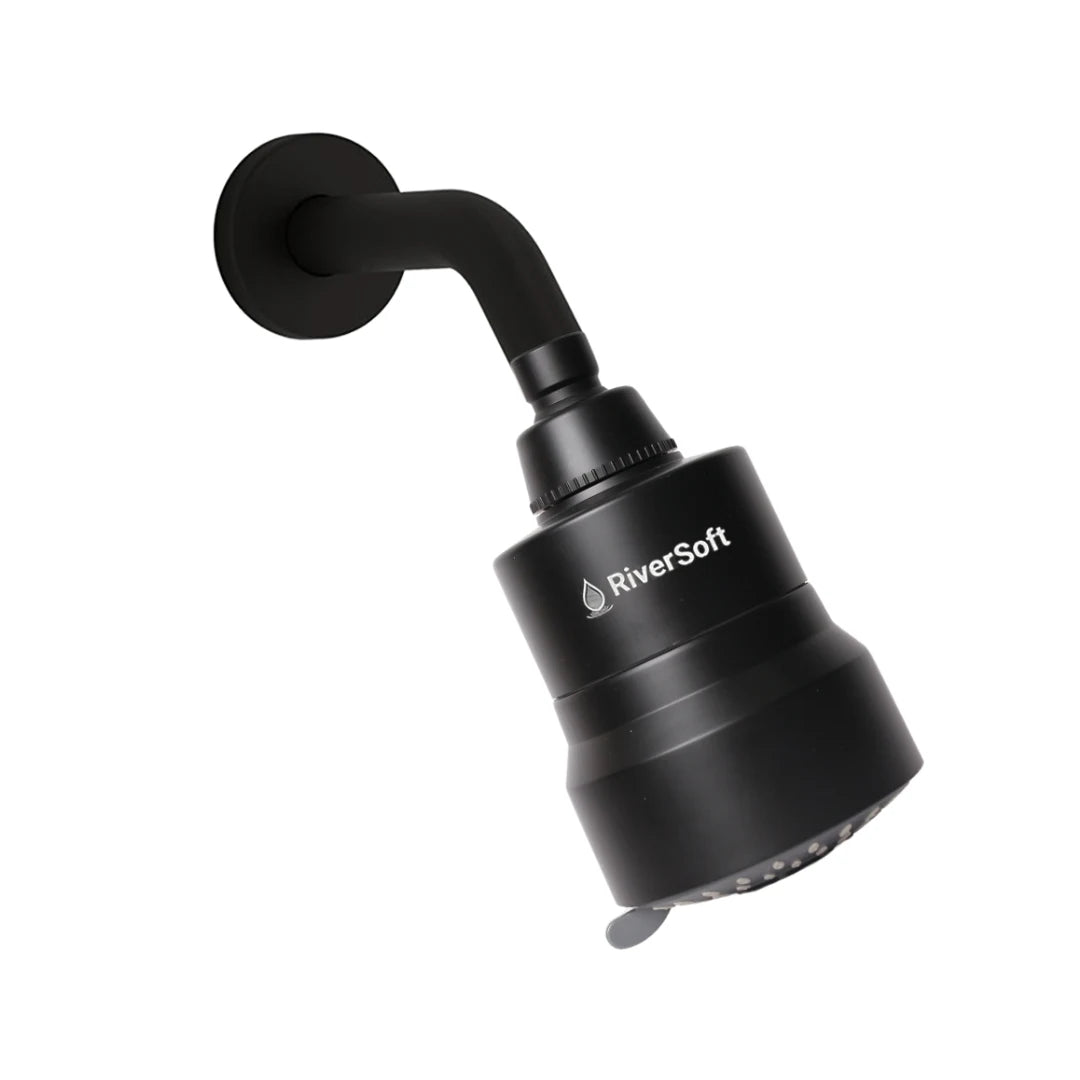
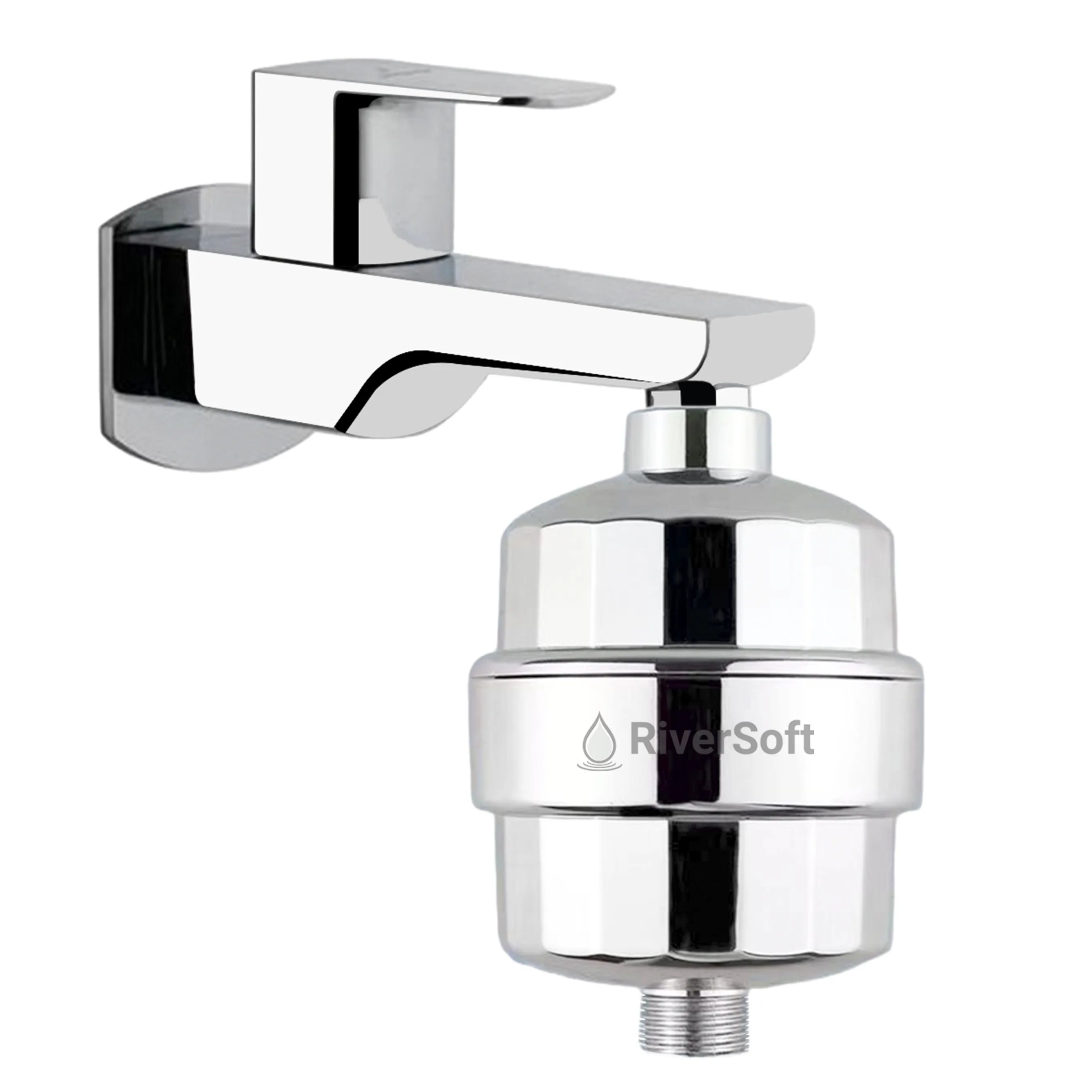
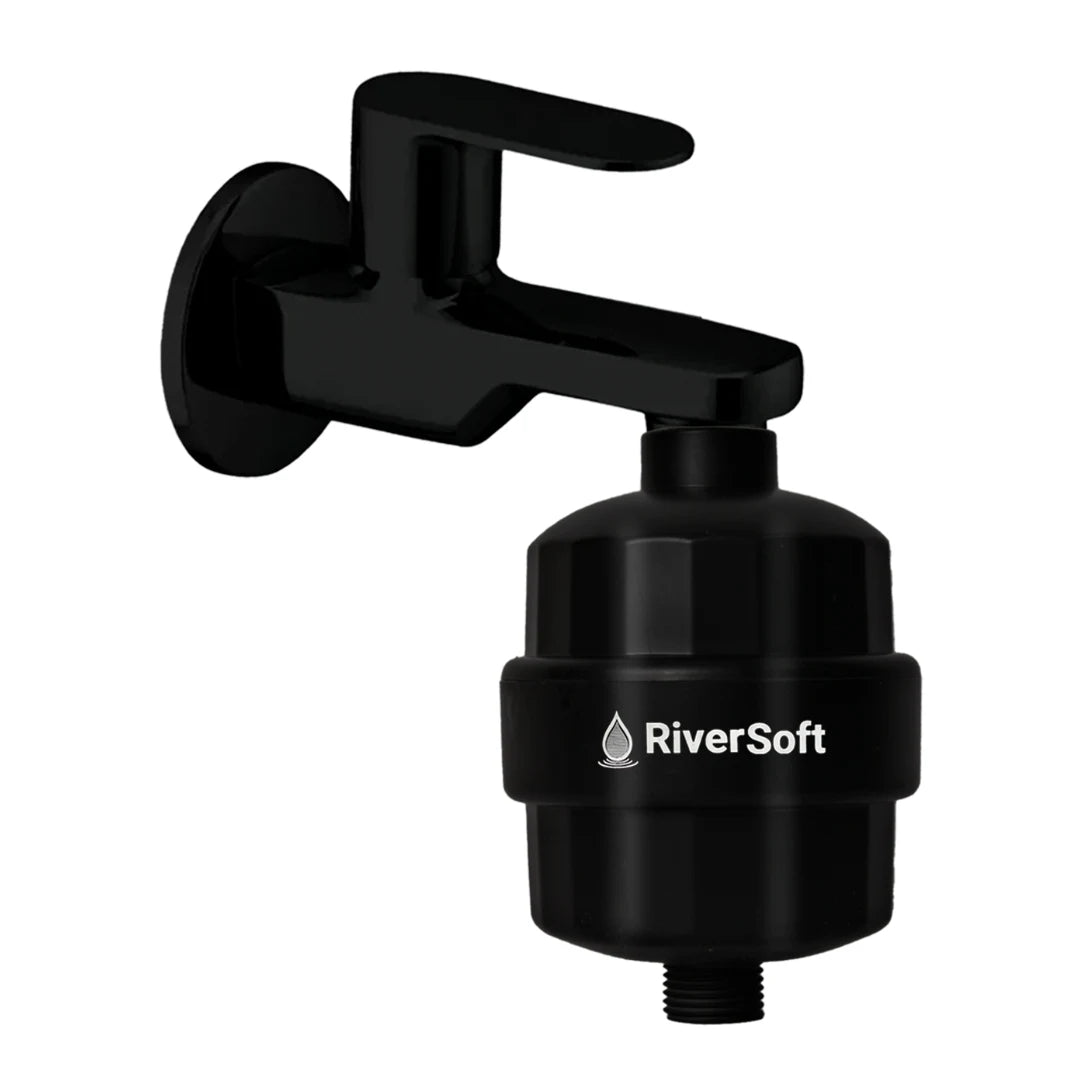
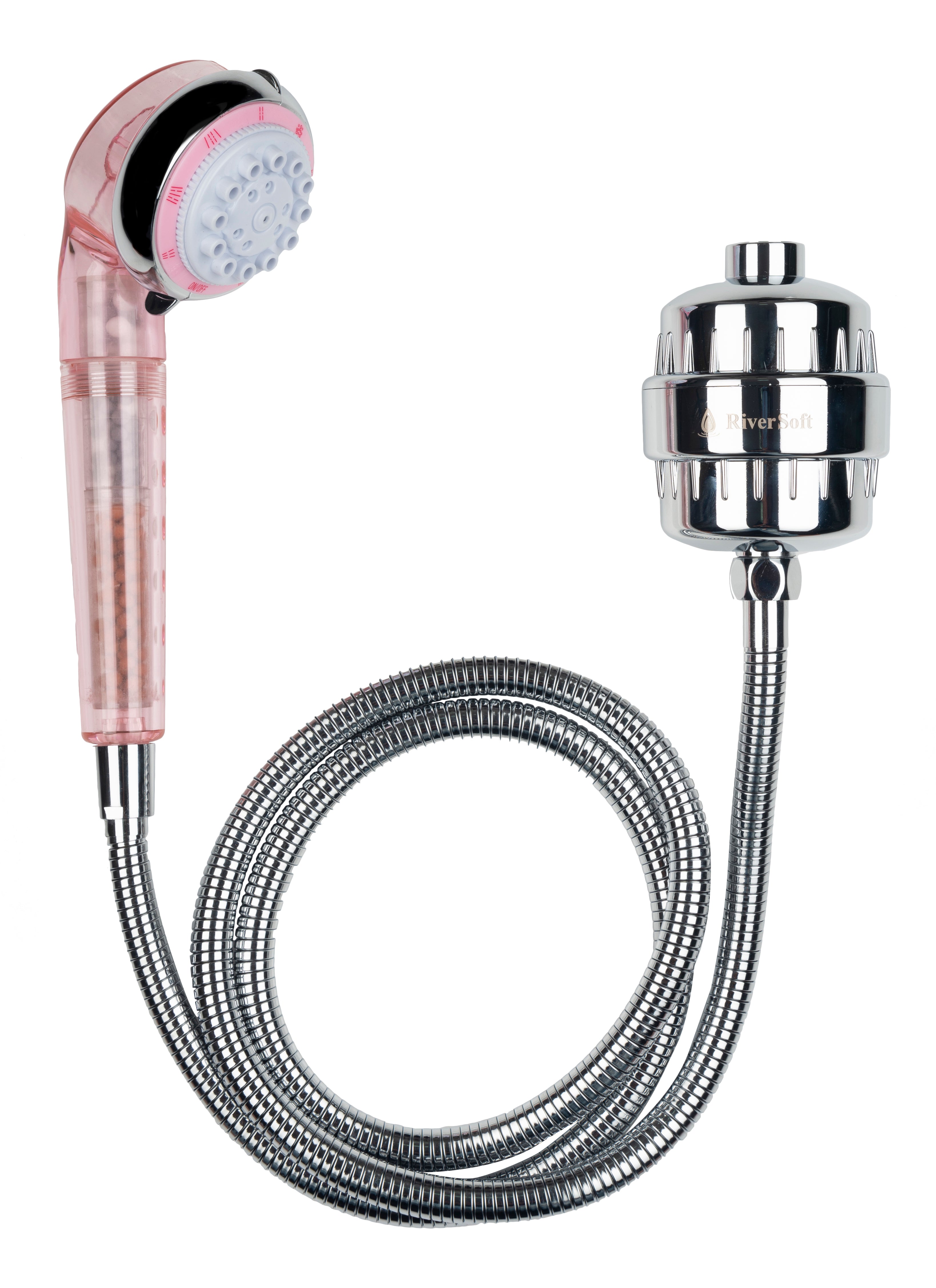
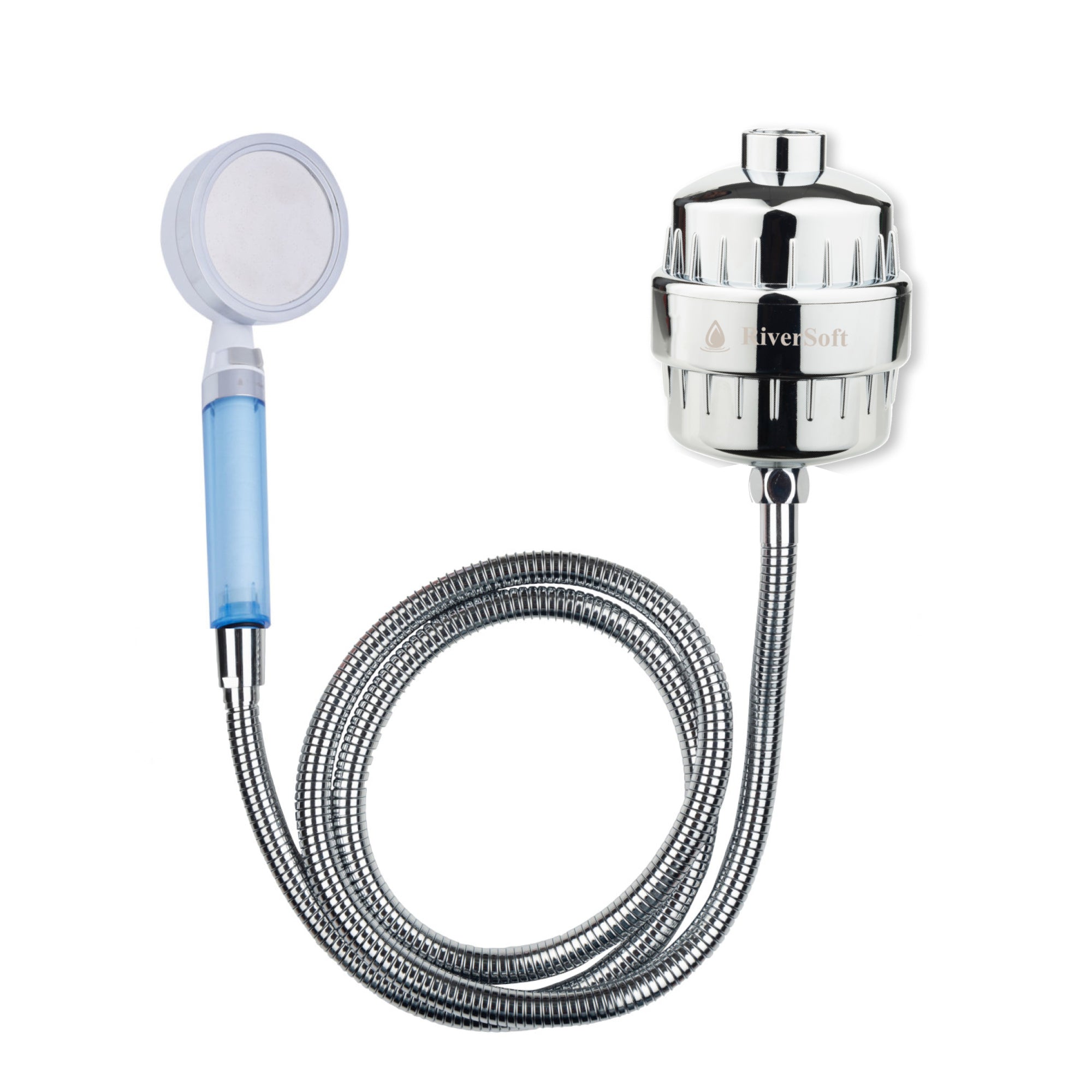






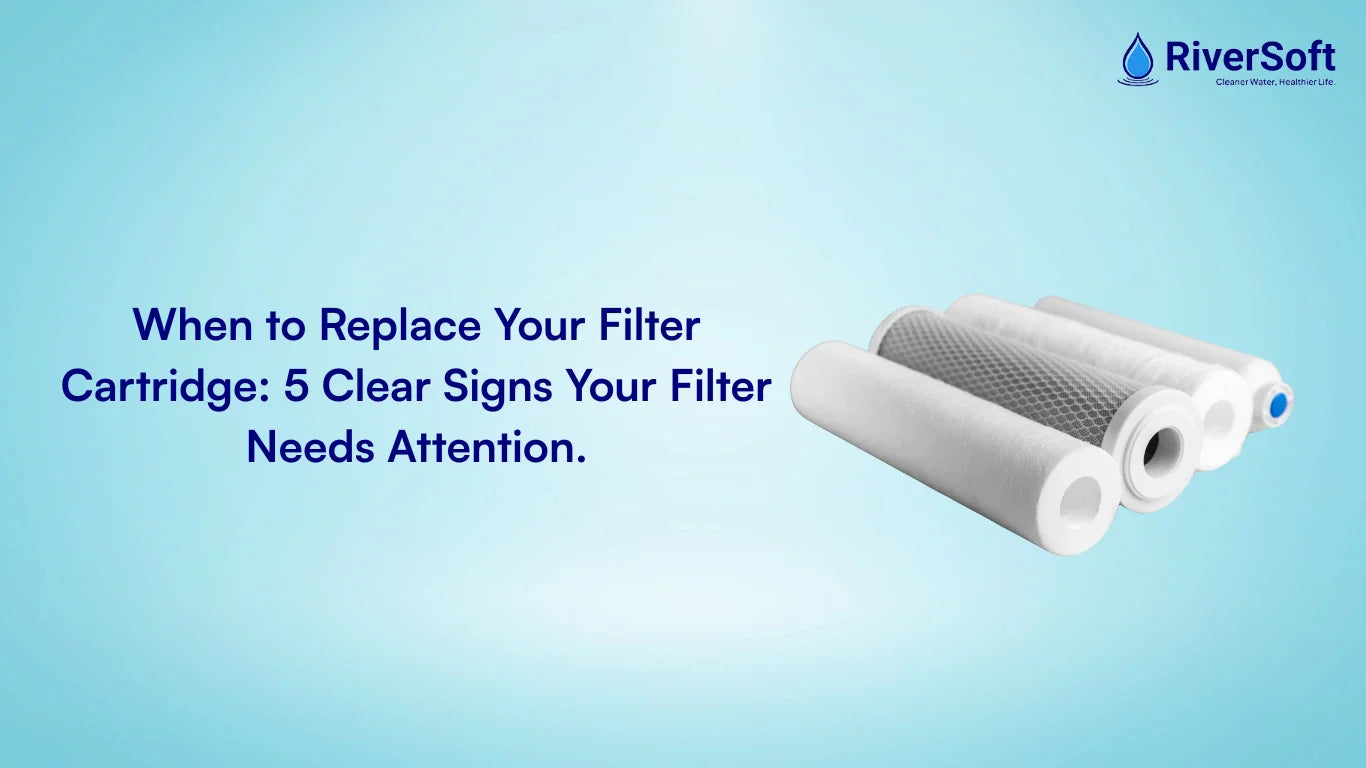
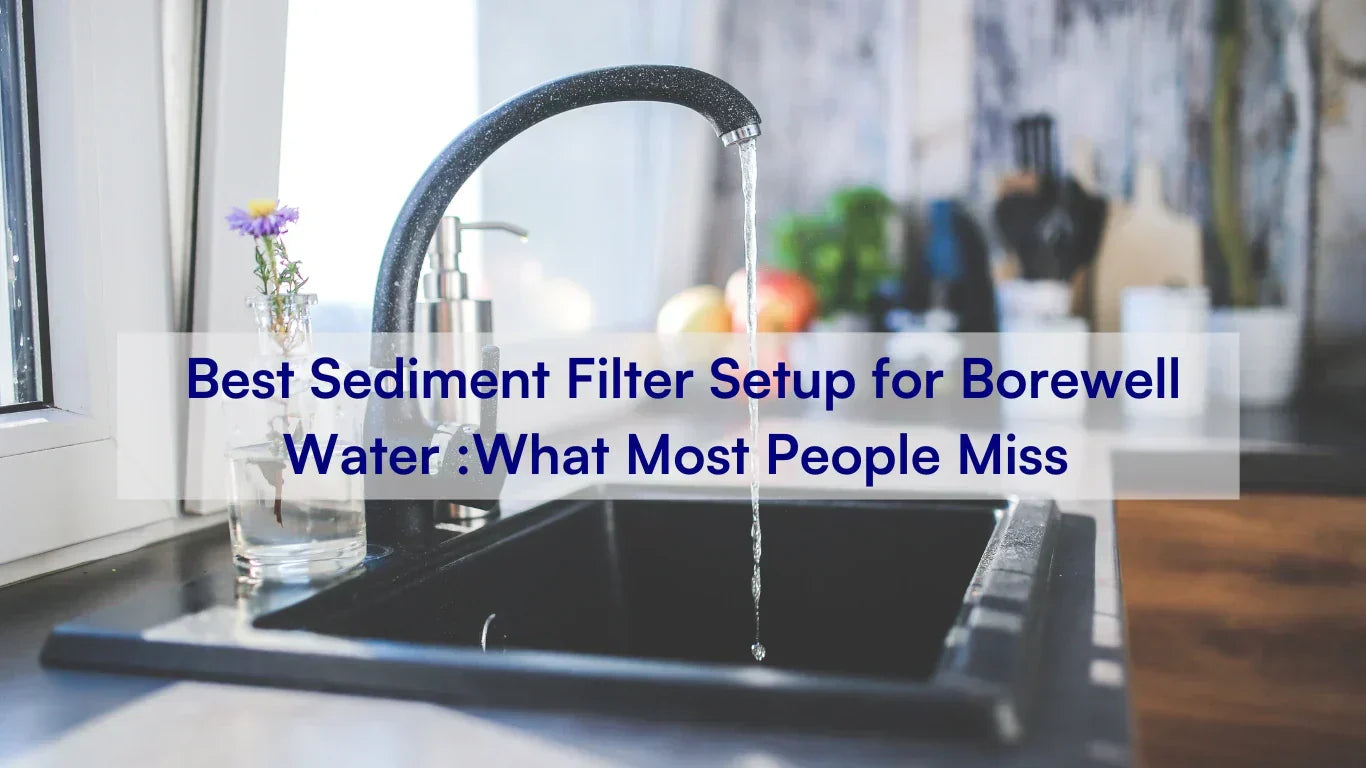
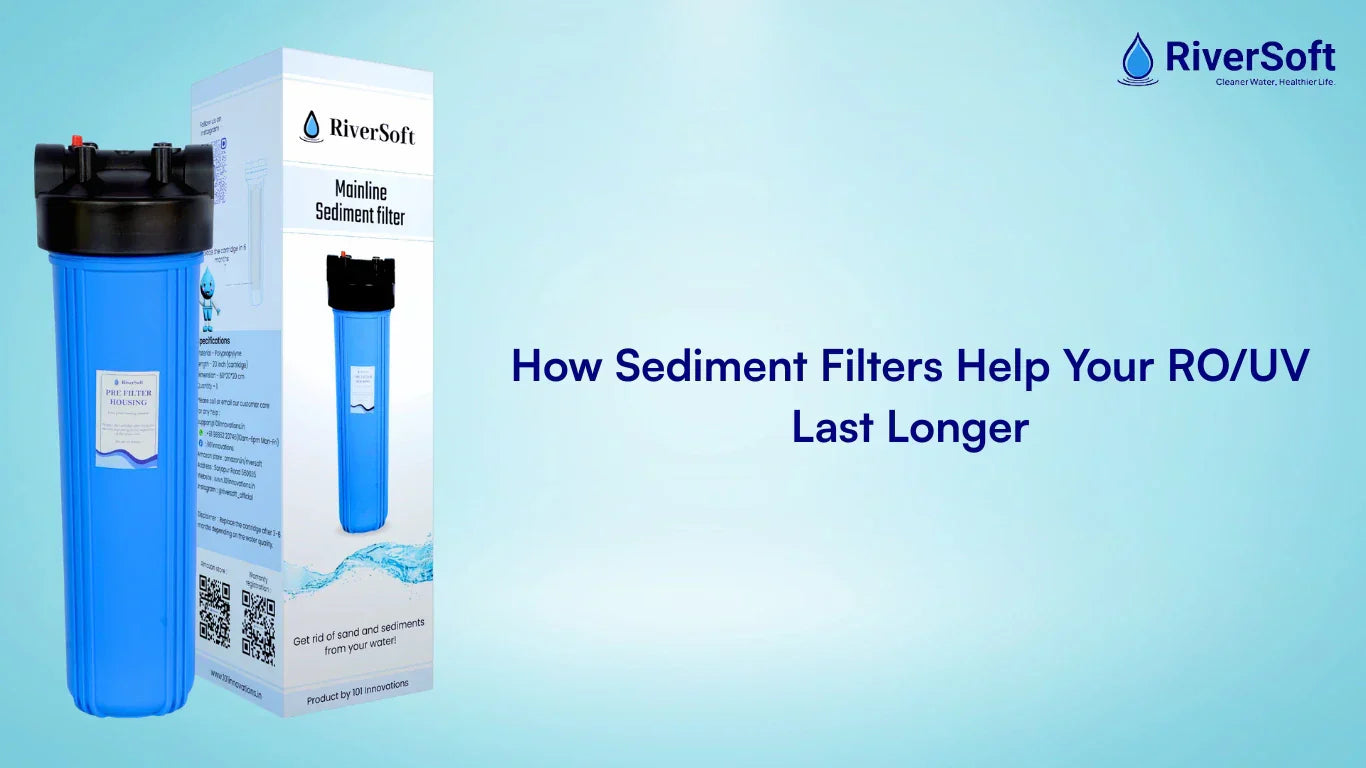
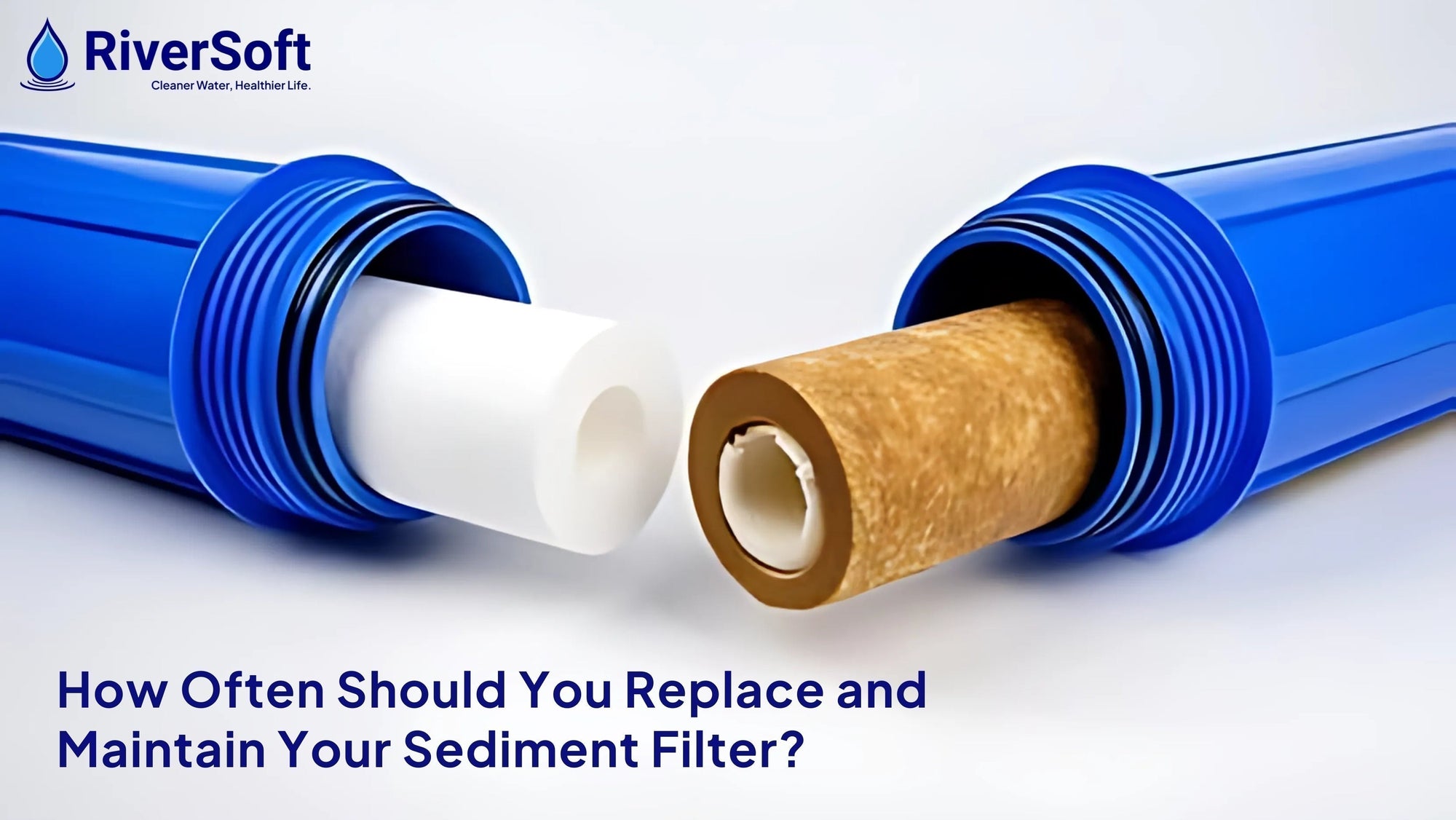
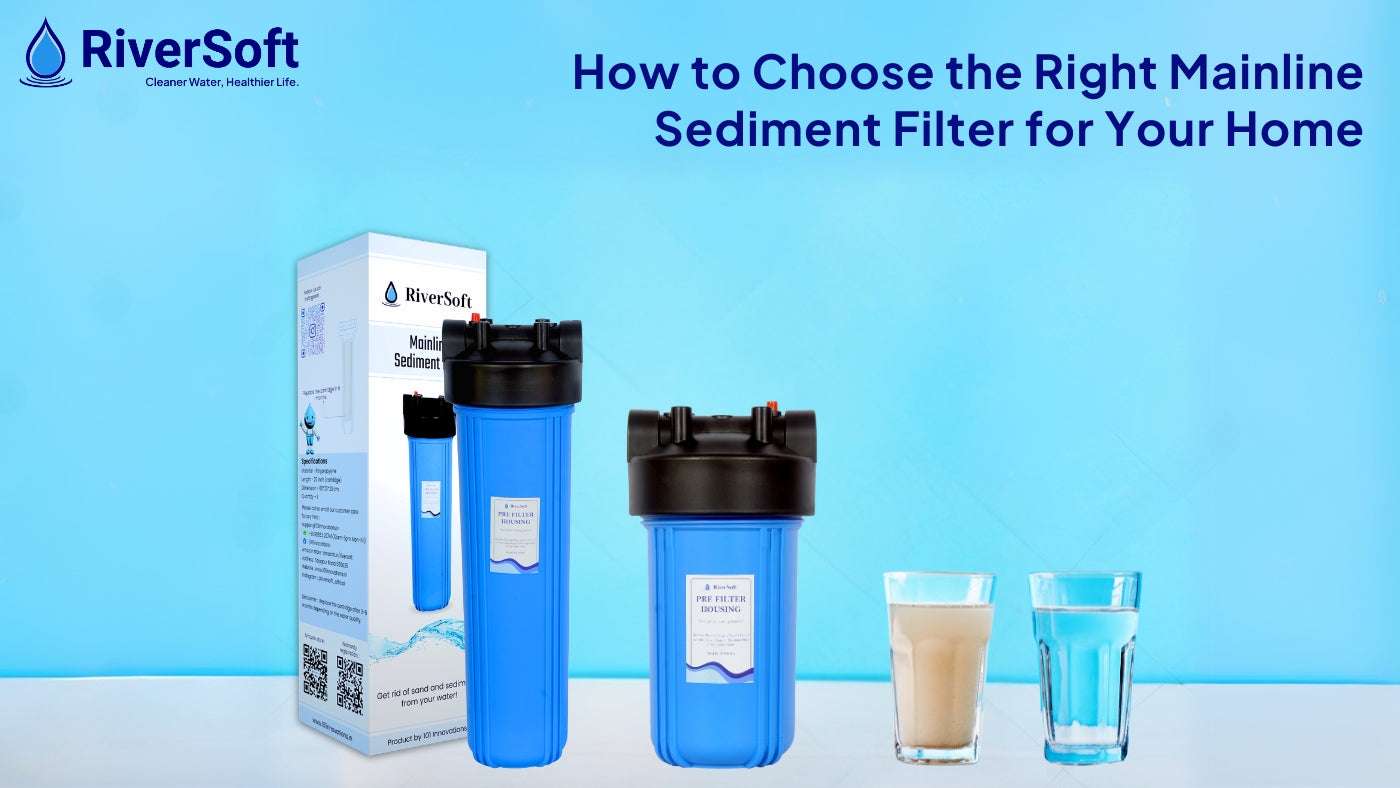

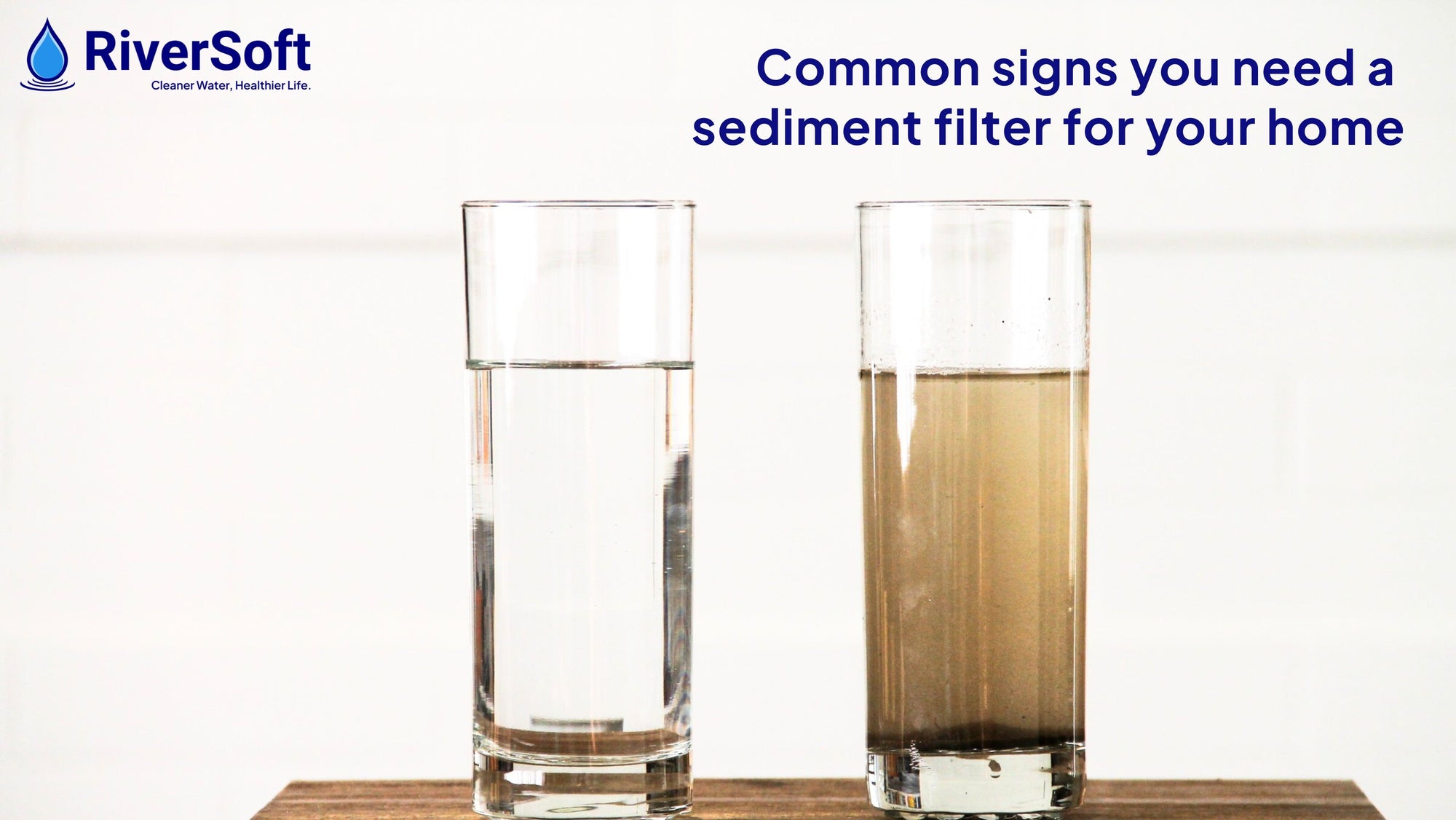
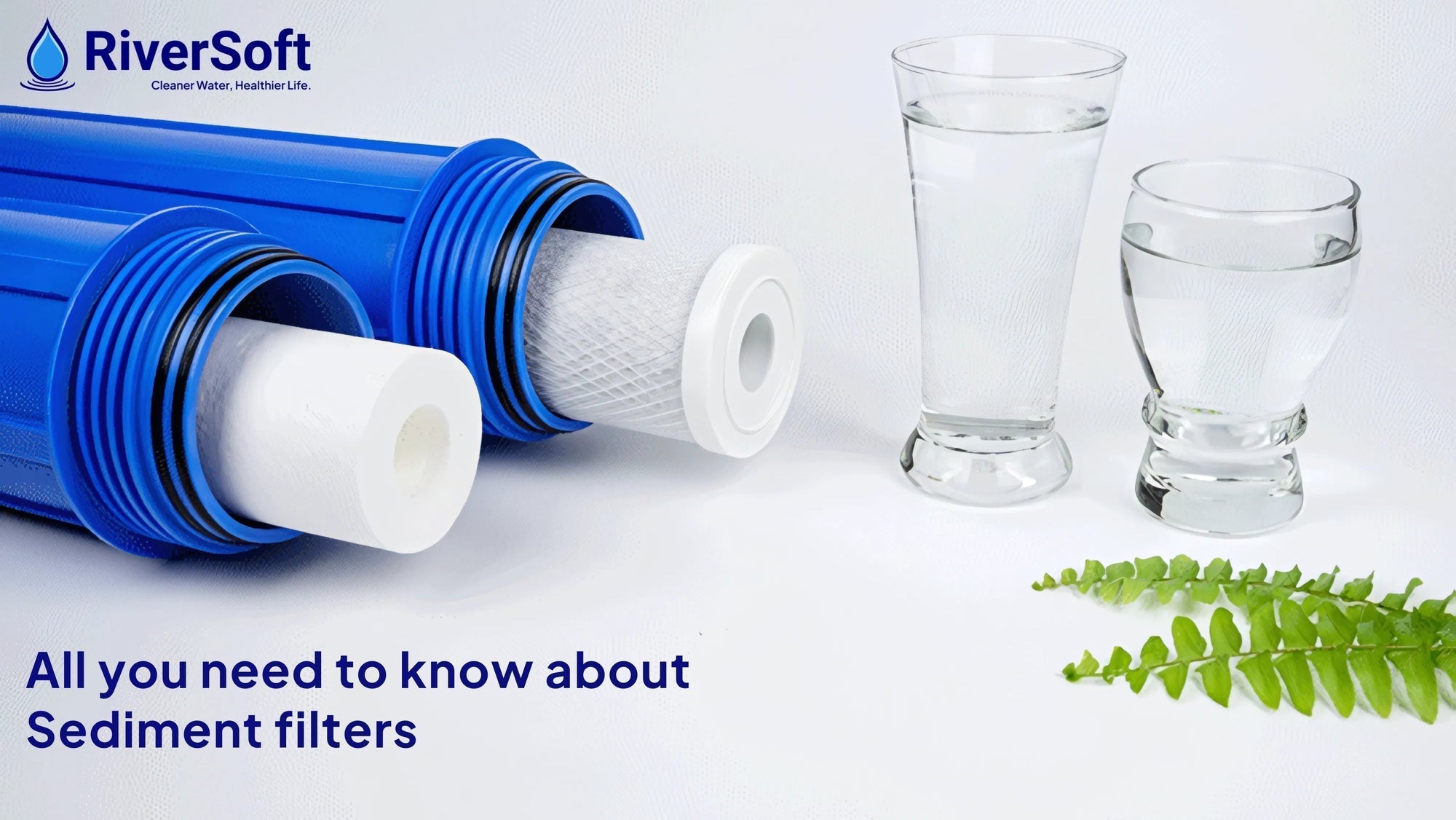
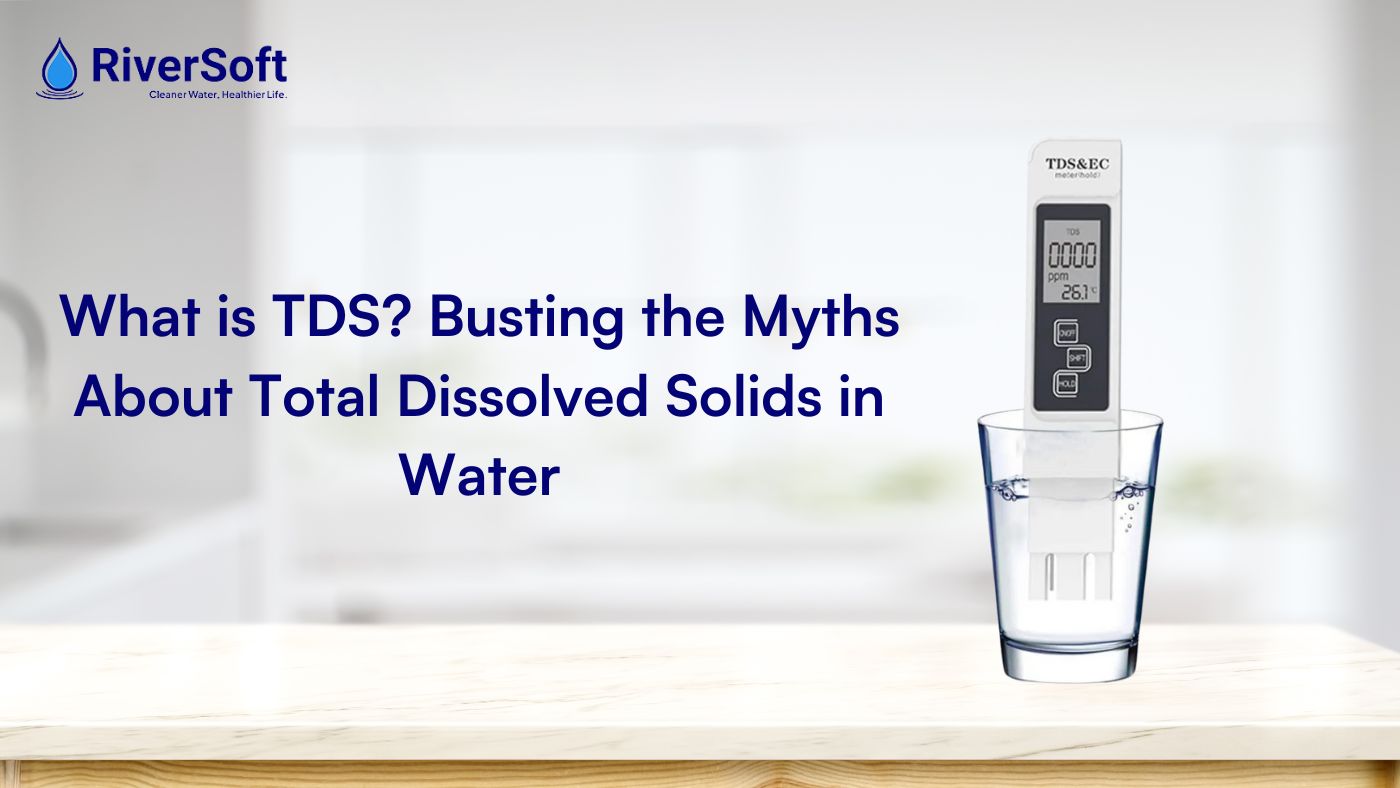
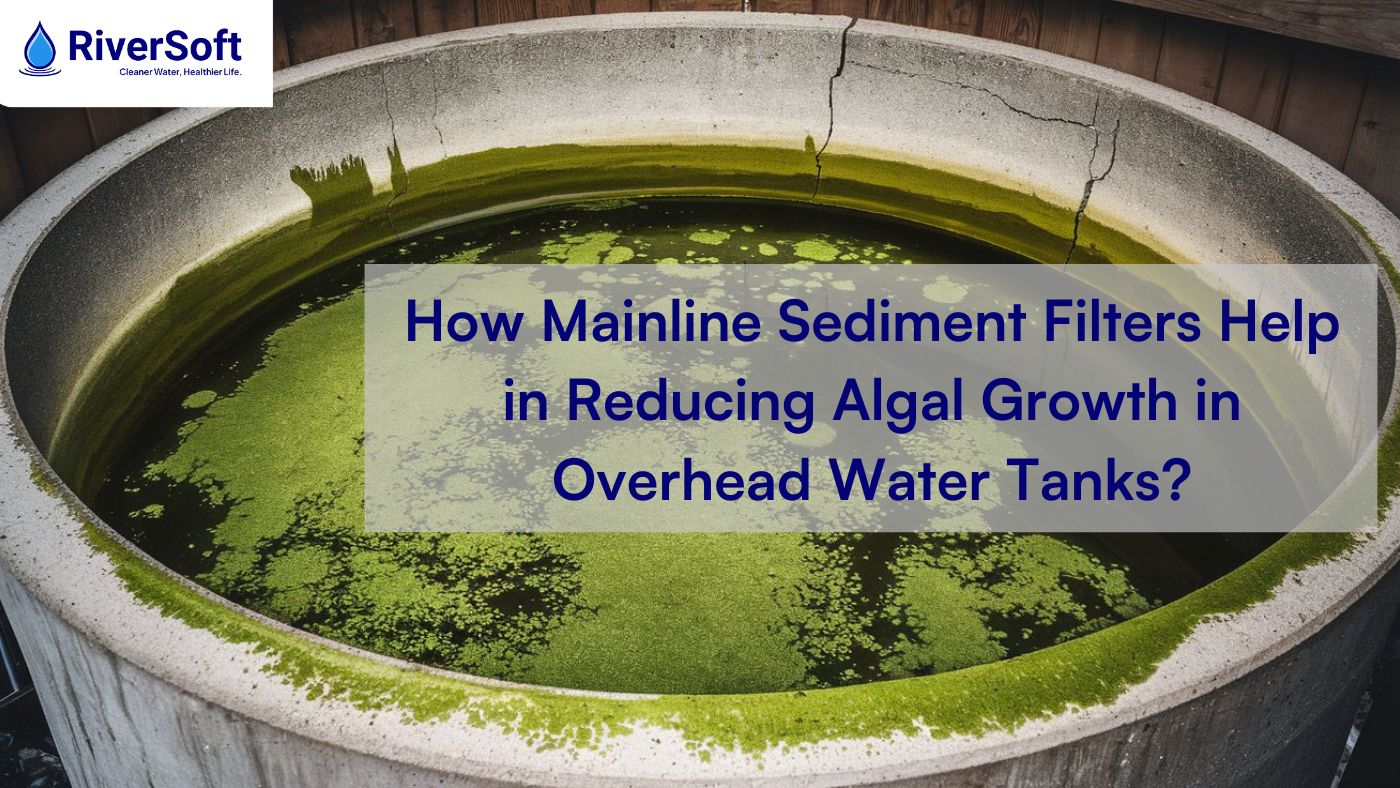

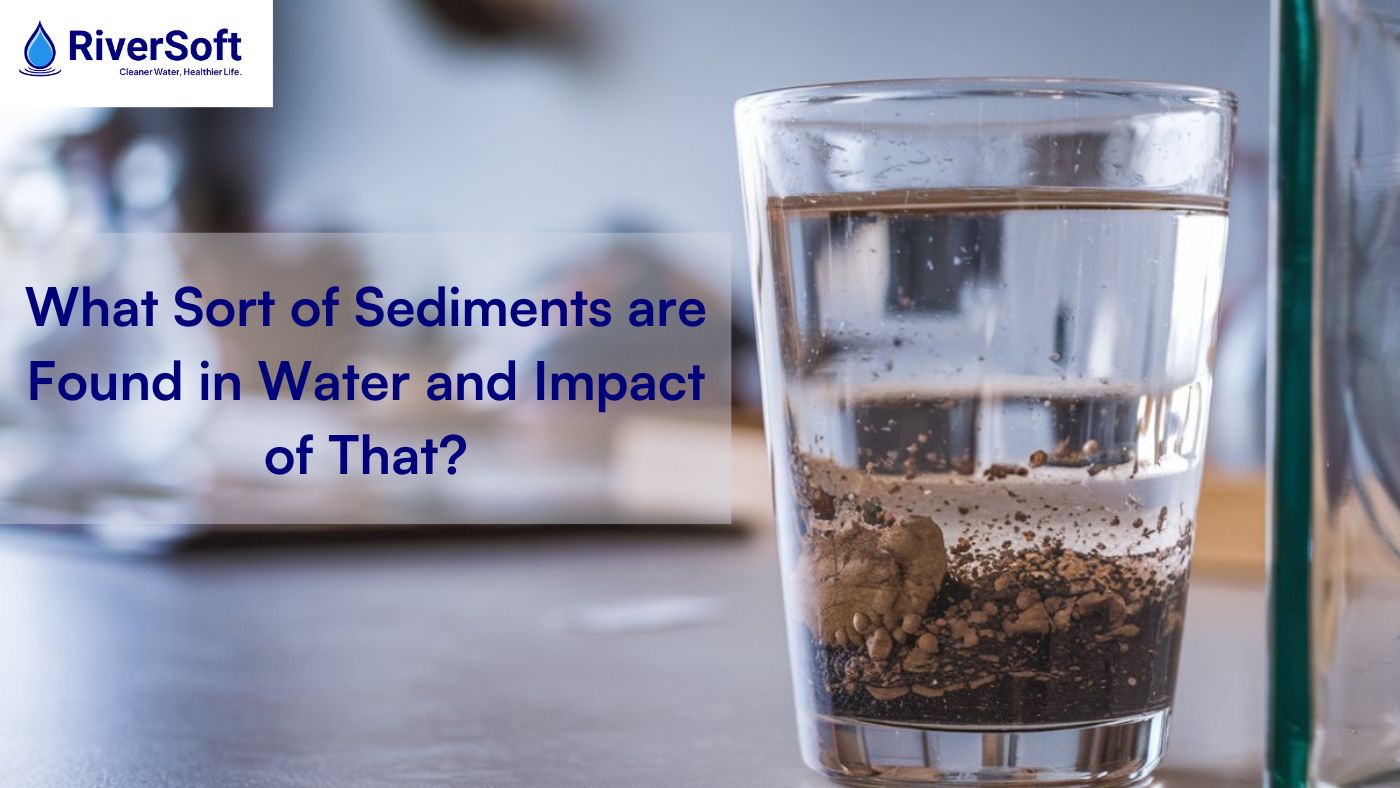


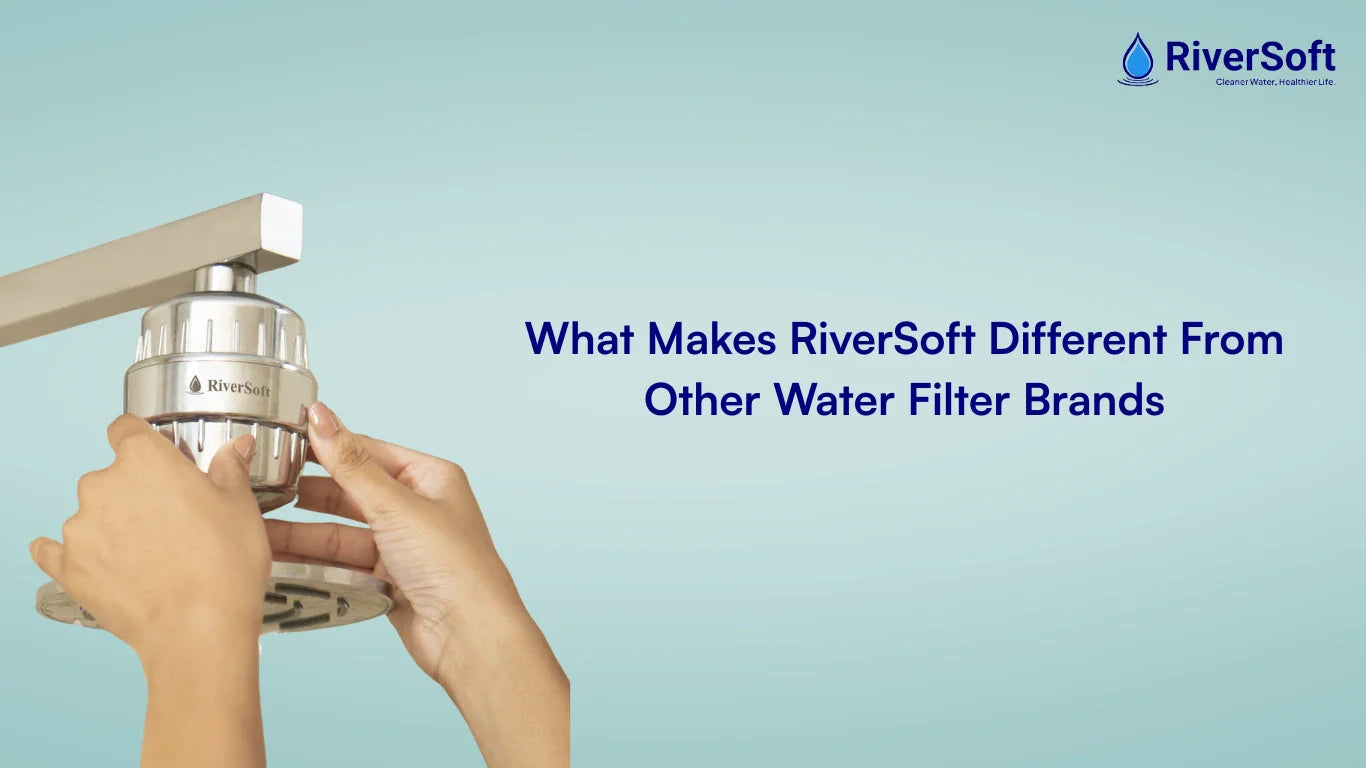


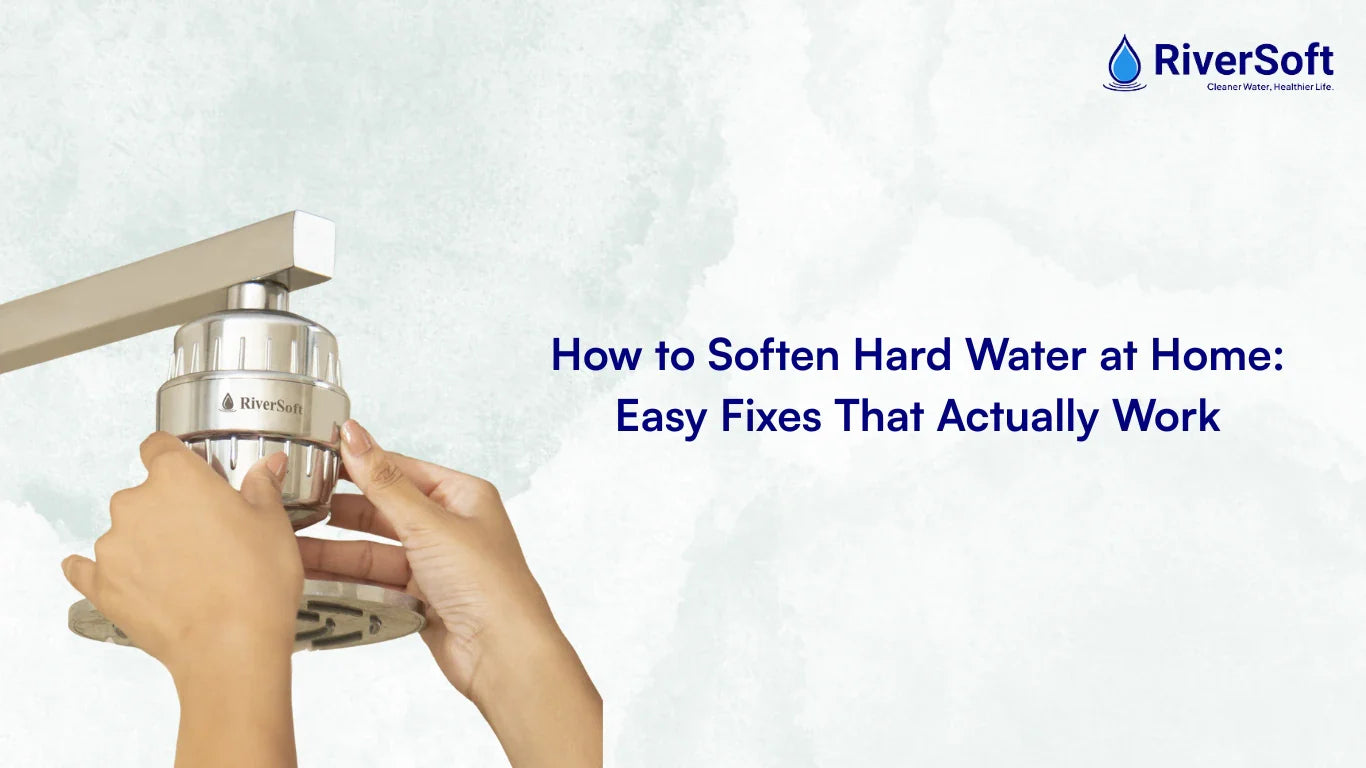

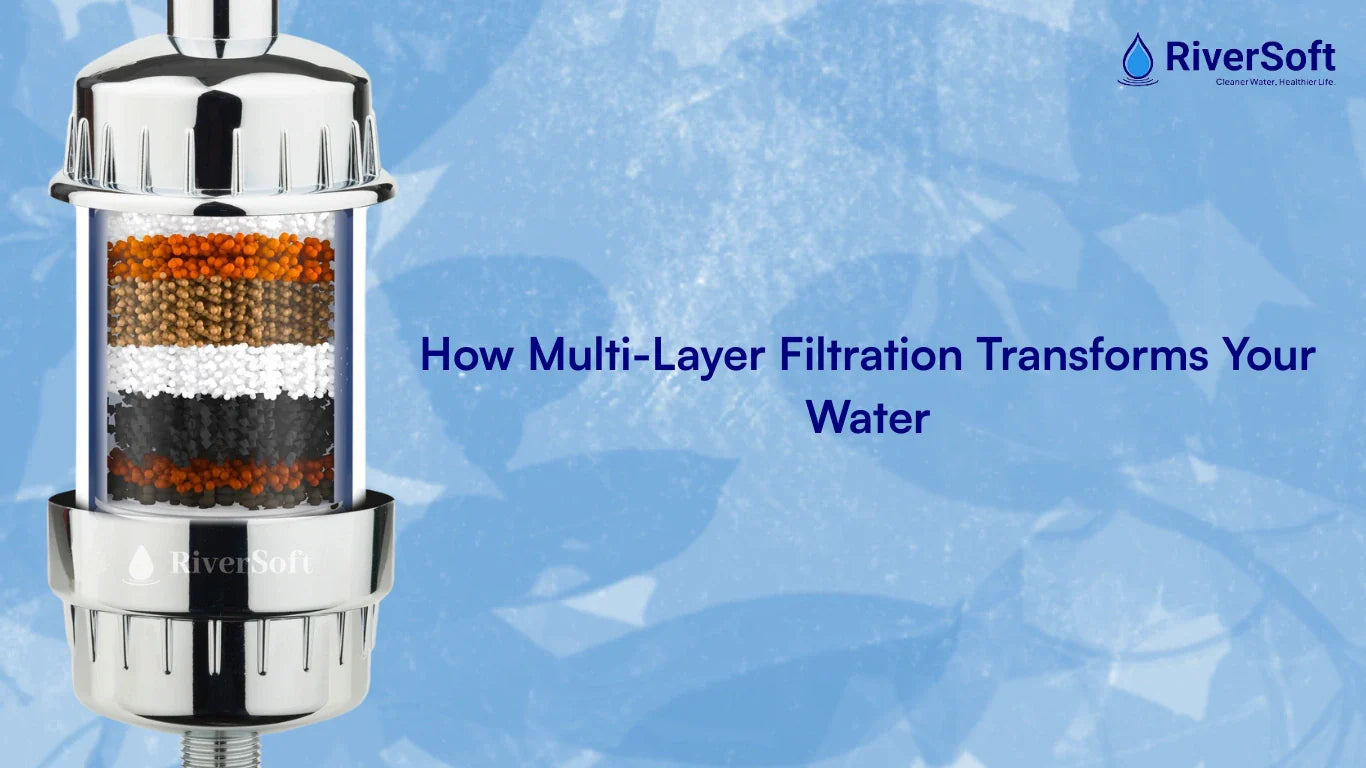


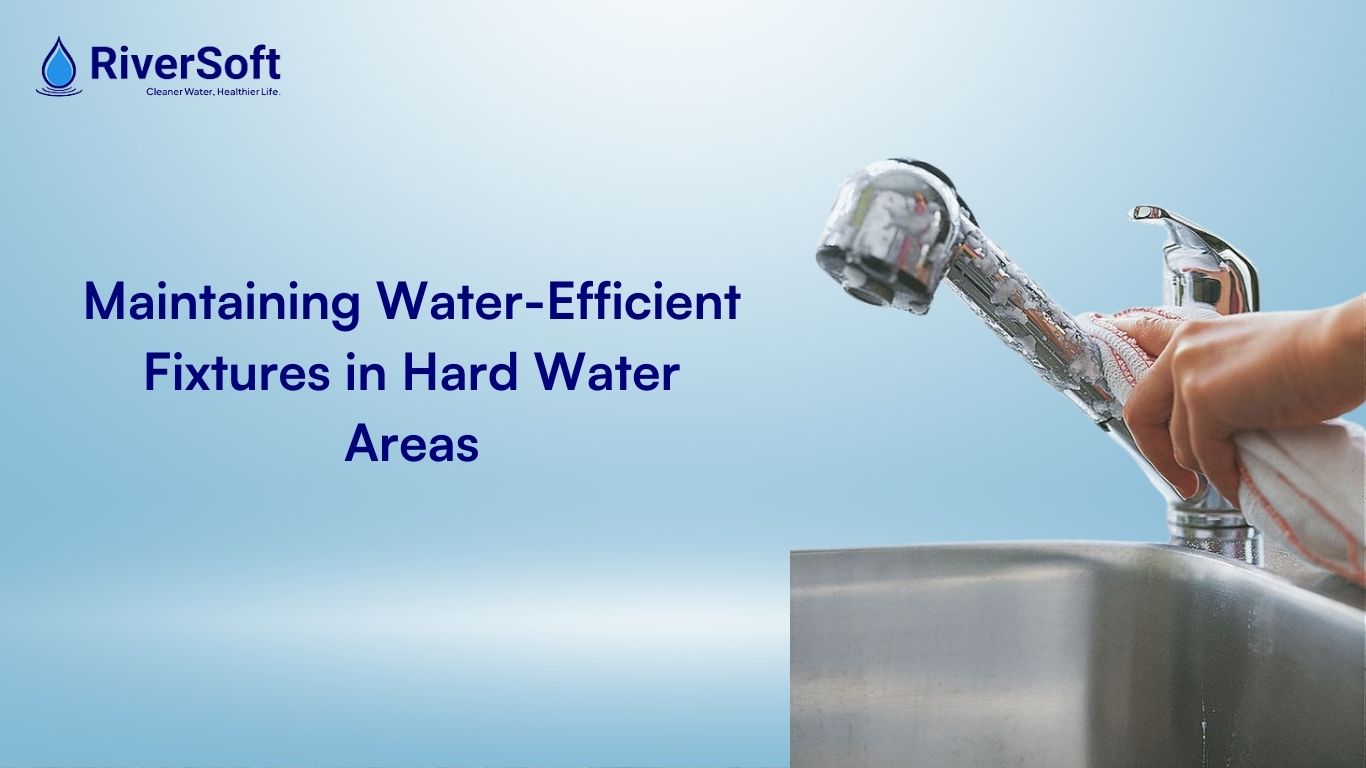
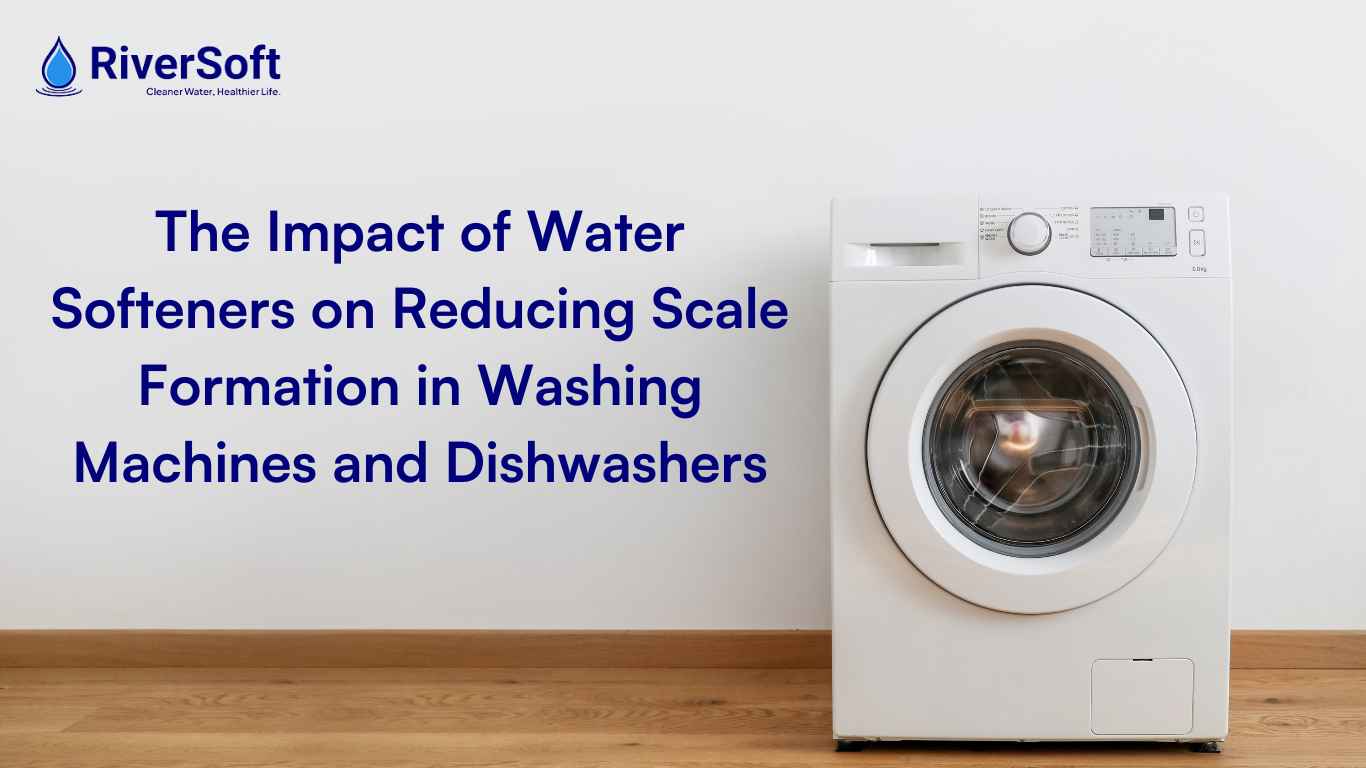
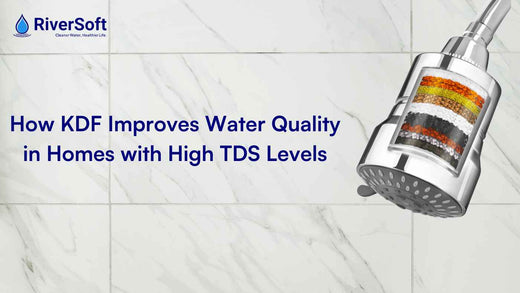

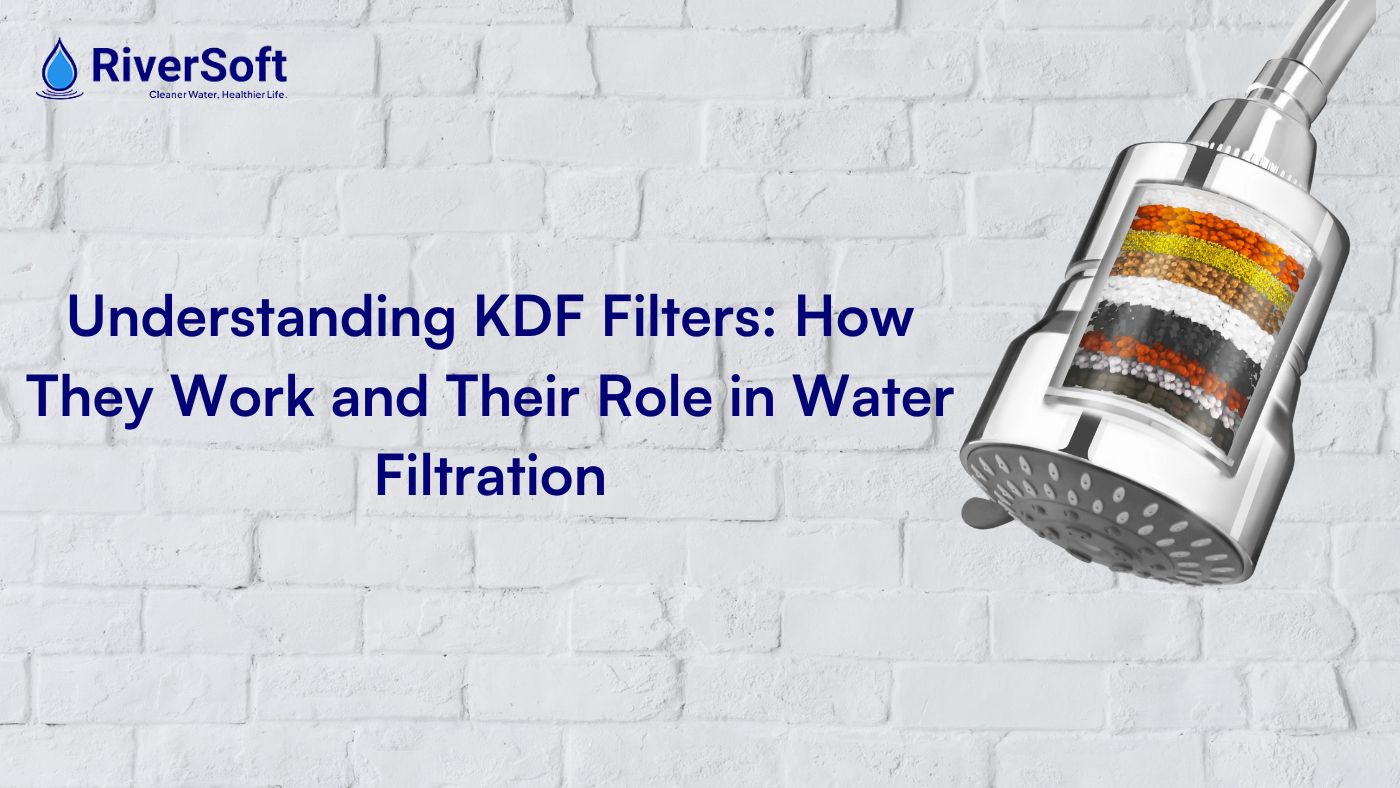
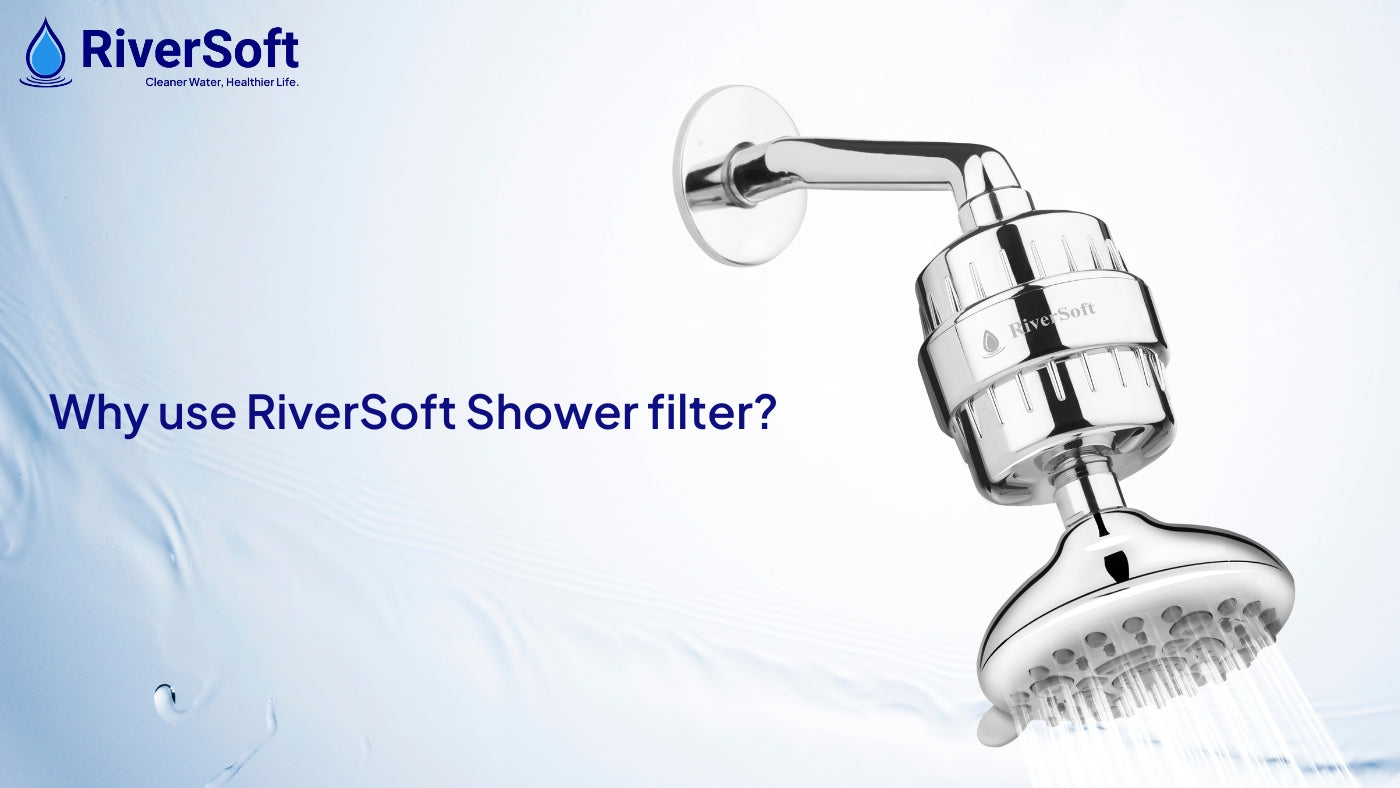
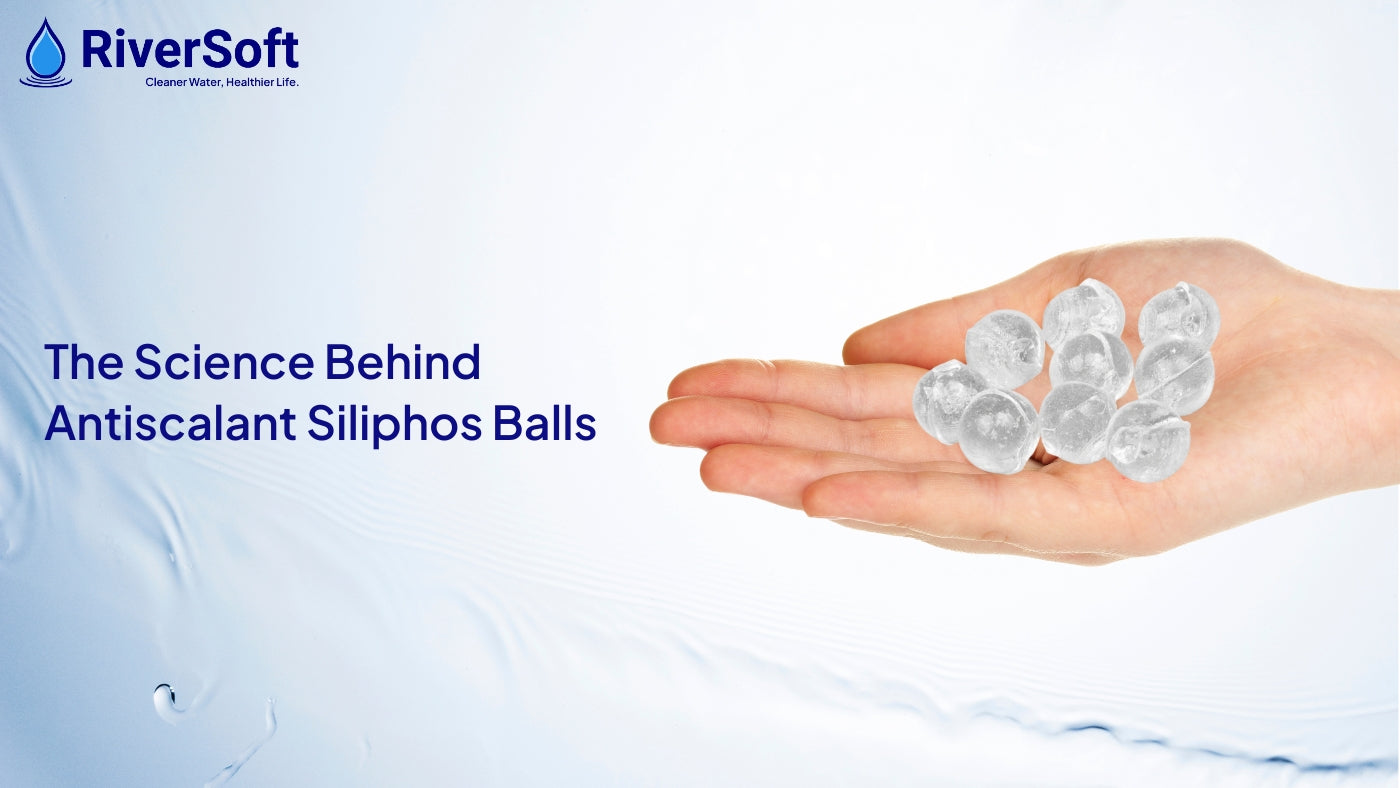
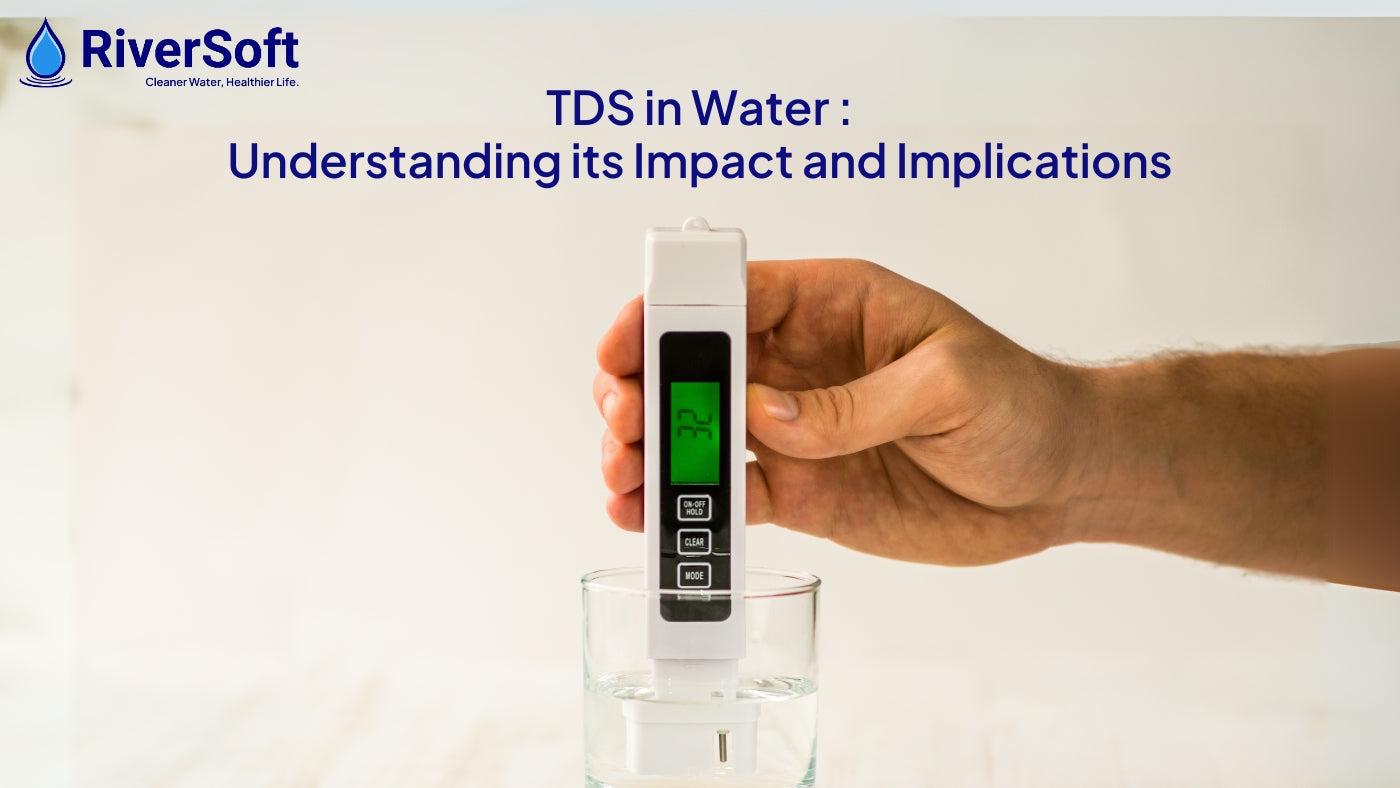




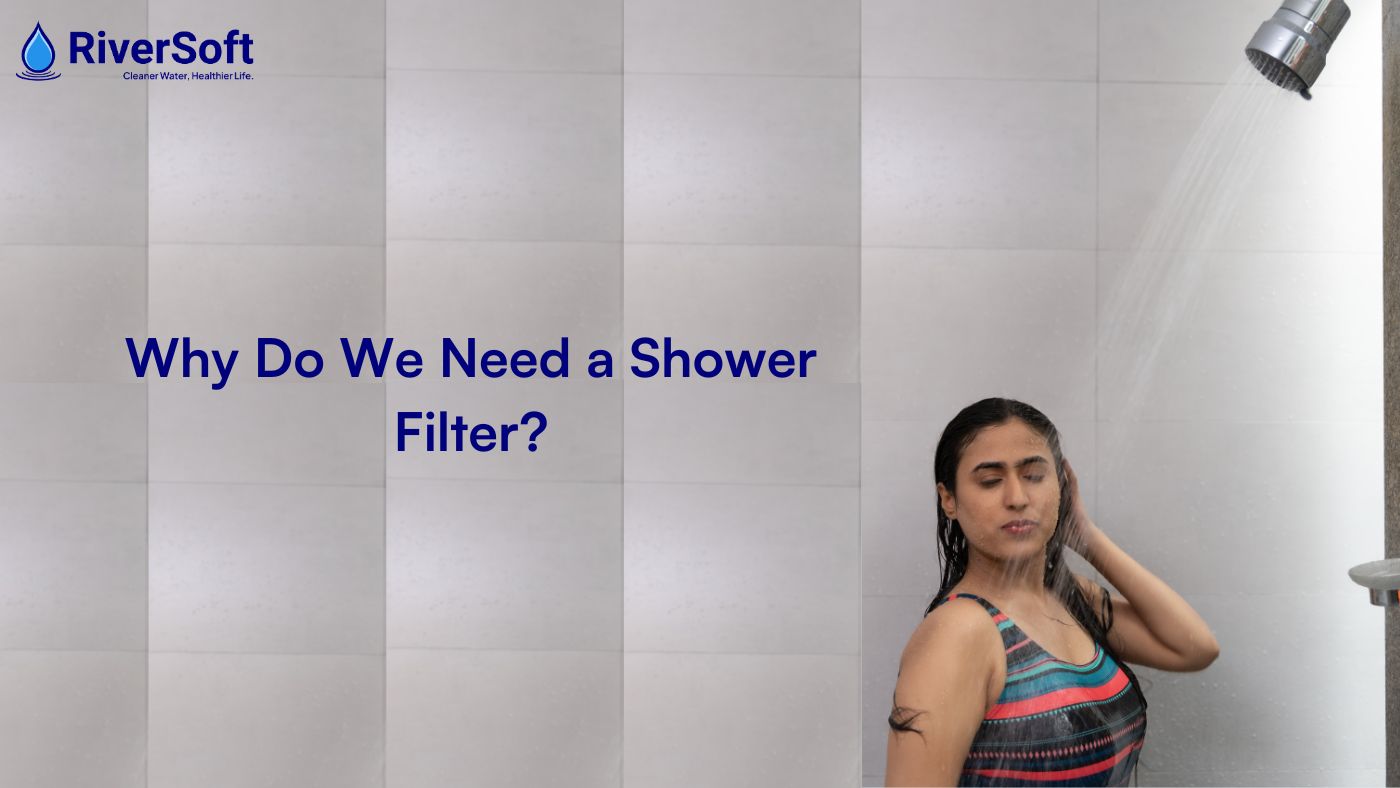







Ashutosh was inspired to solve water quality issues after witnessing the harmful effects of hard water on his family’s health and home. Recognizing the widespread impact of poor water quality, he committed to creating innovative solutions that ensure safe and clean water for everyone. He is an alumnus of IIT Delhi and IIM Ahmedabad, bringing a strong technical and managerial background to RiverSoft.